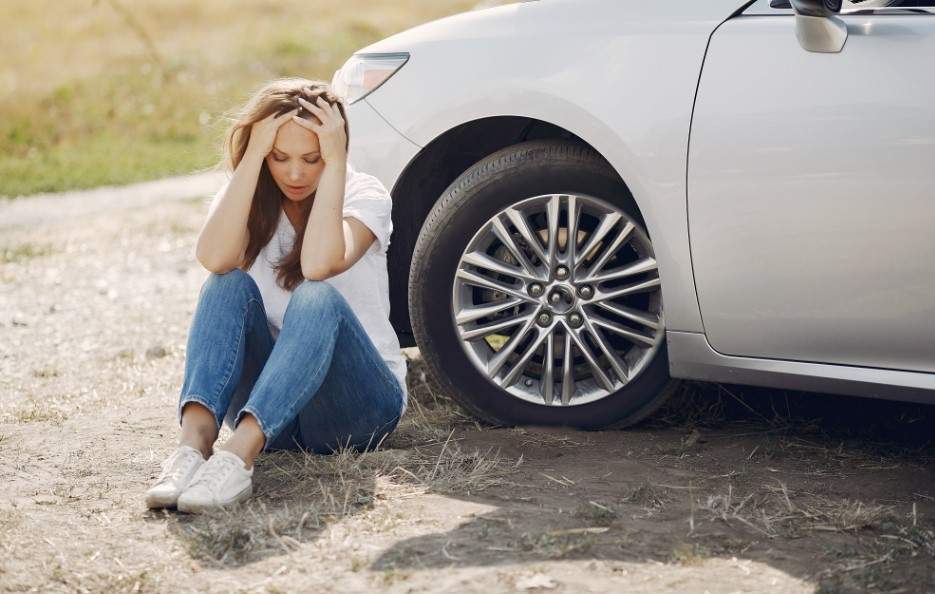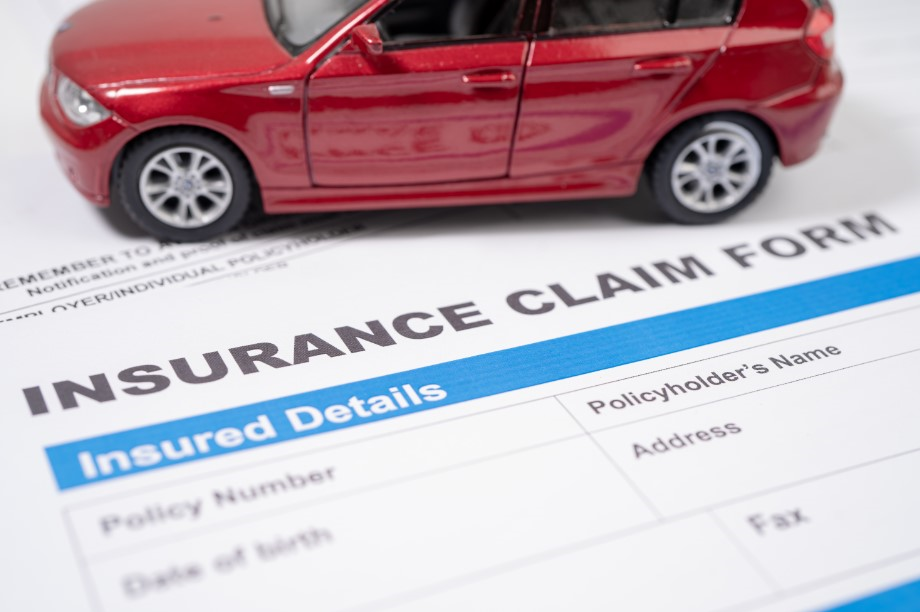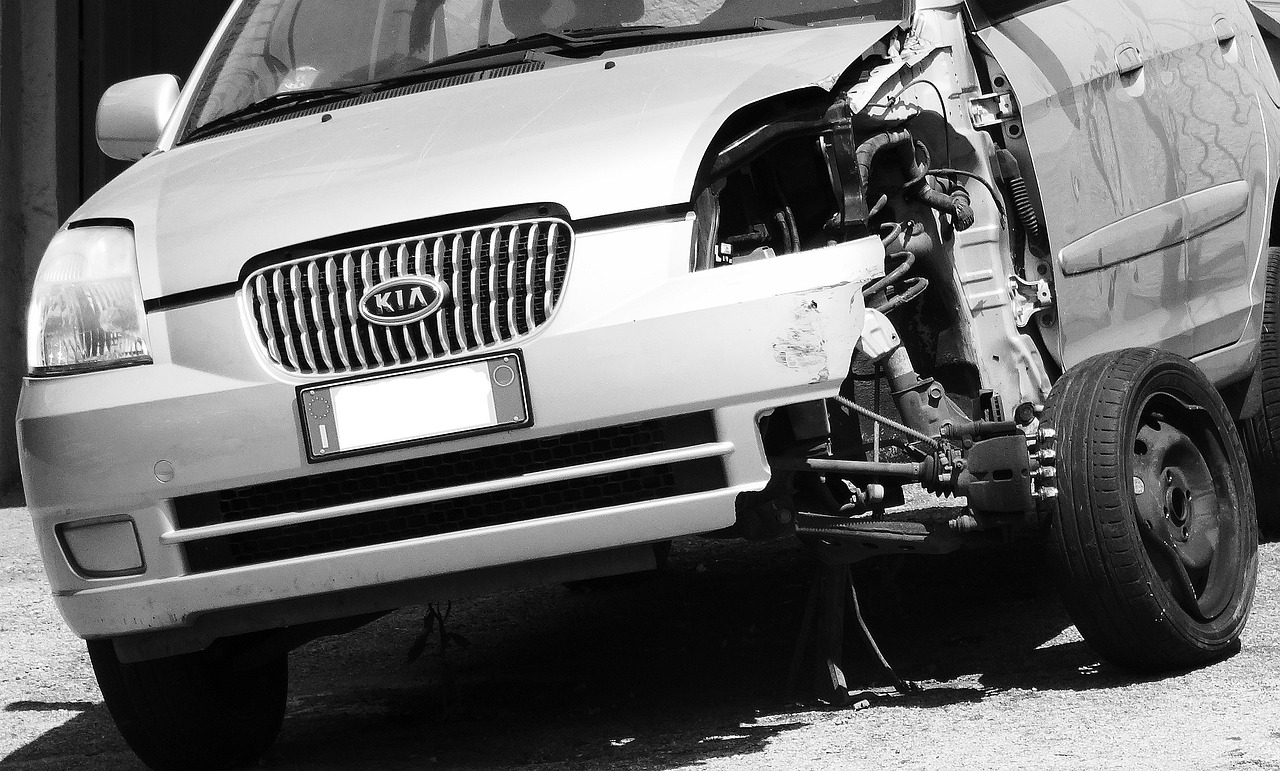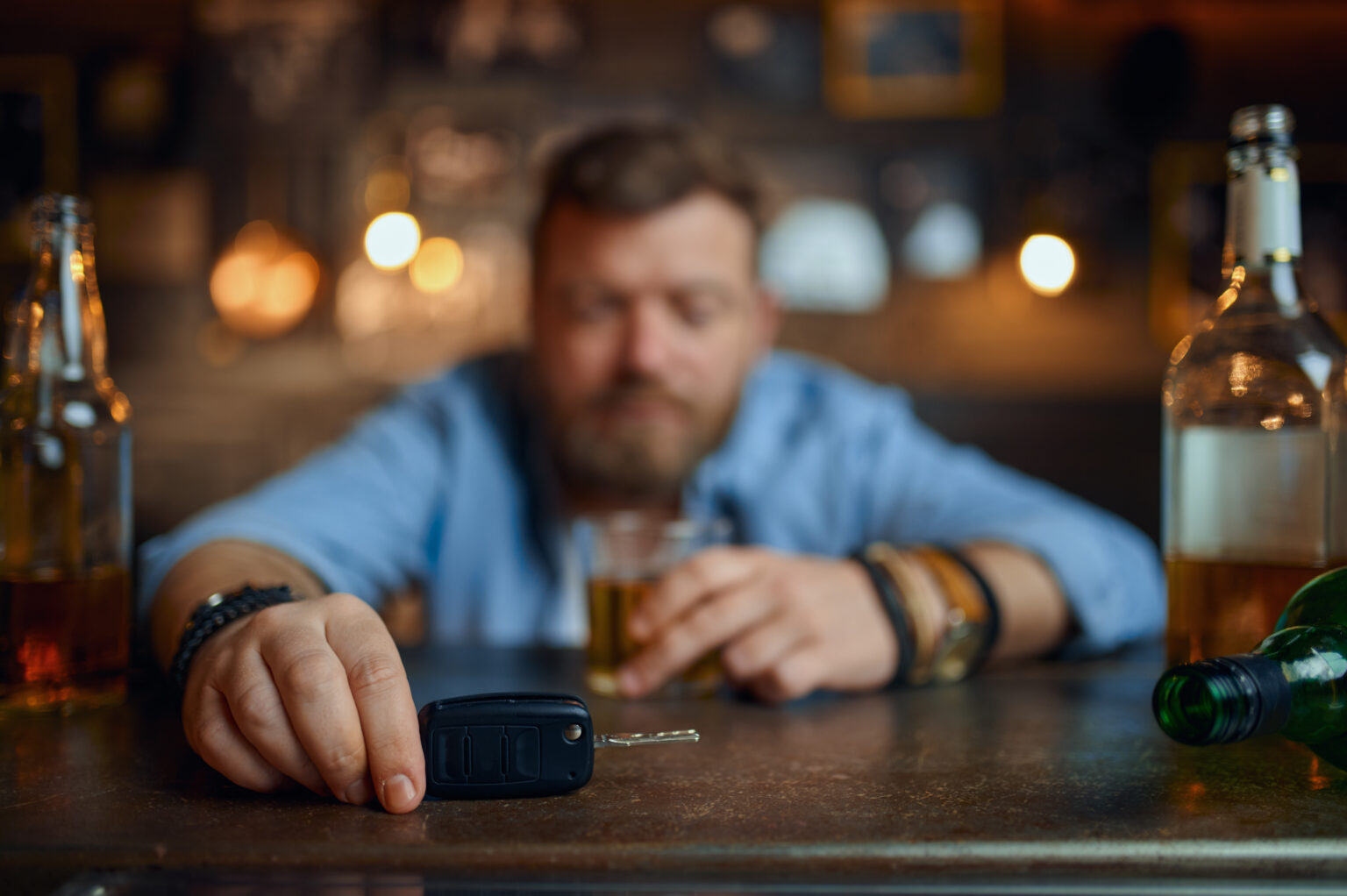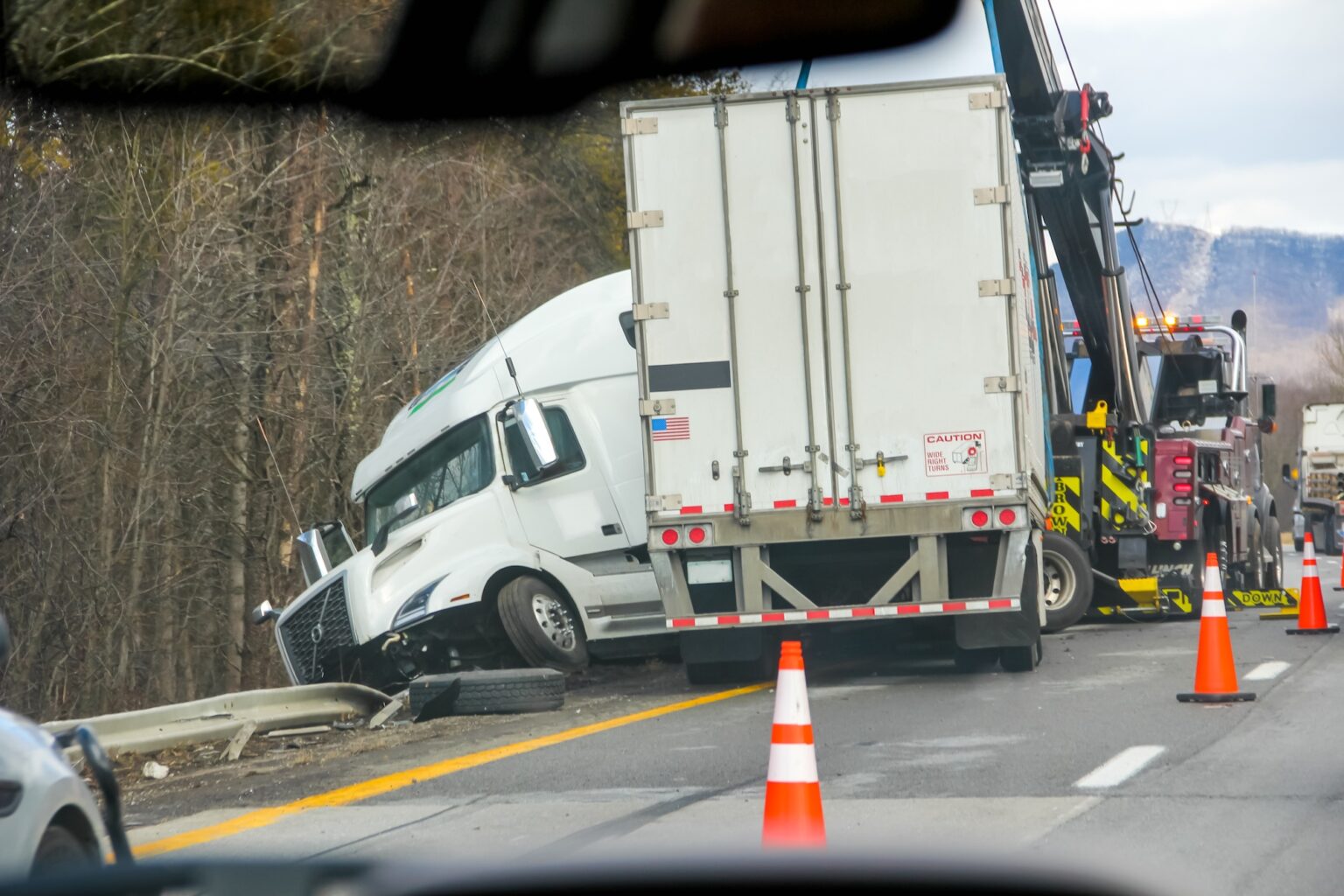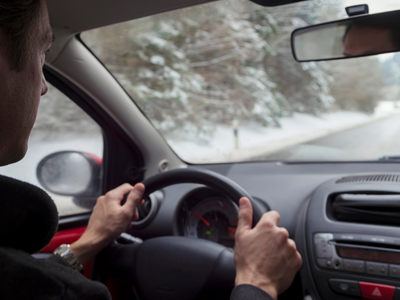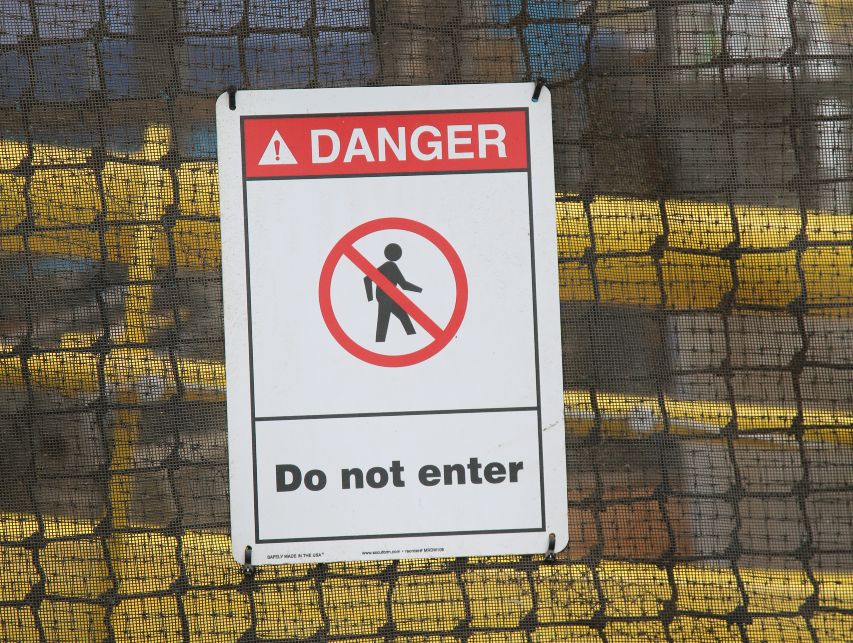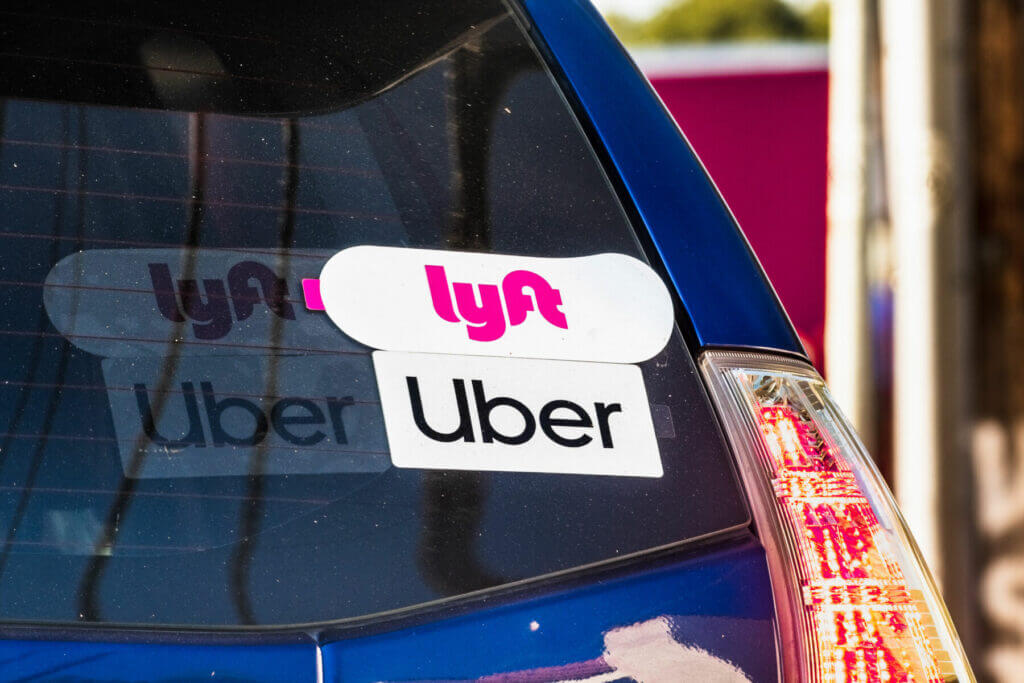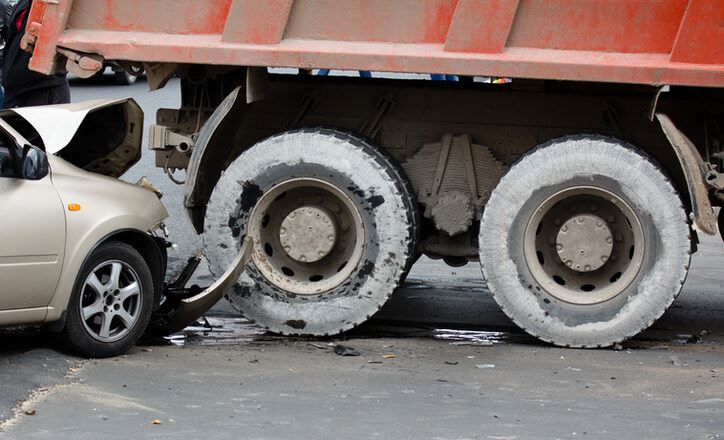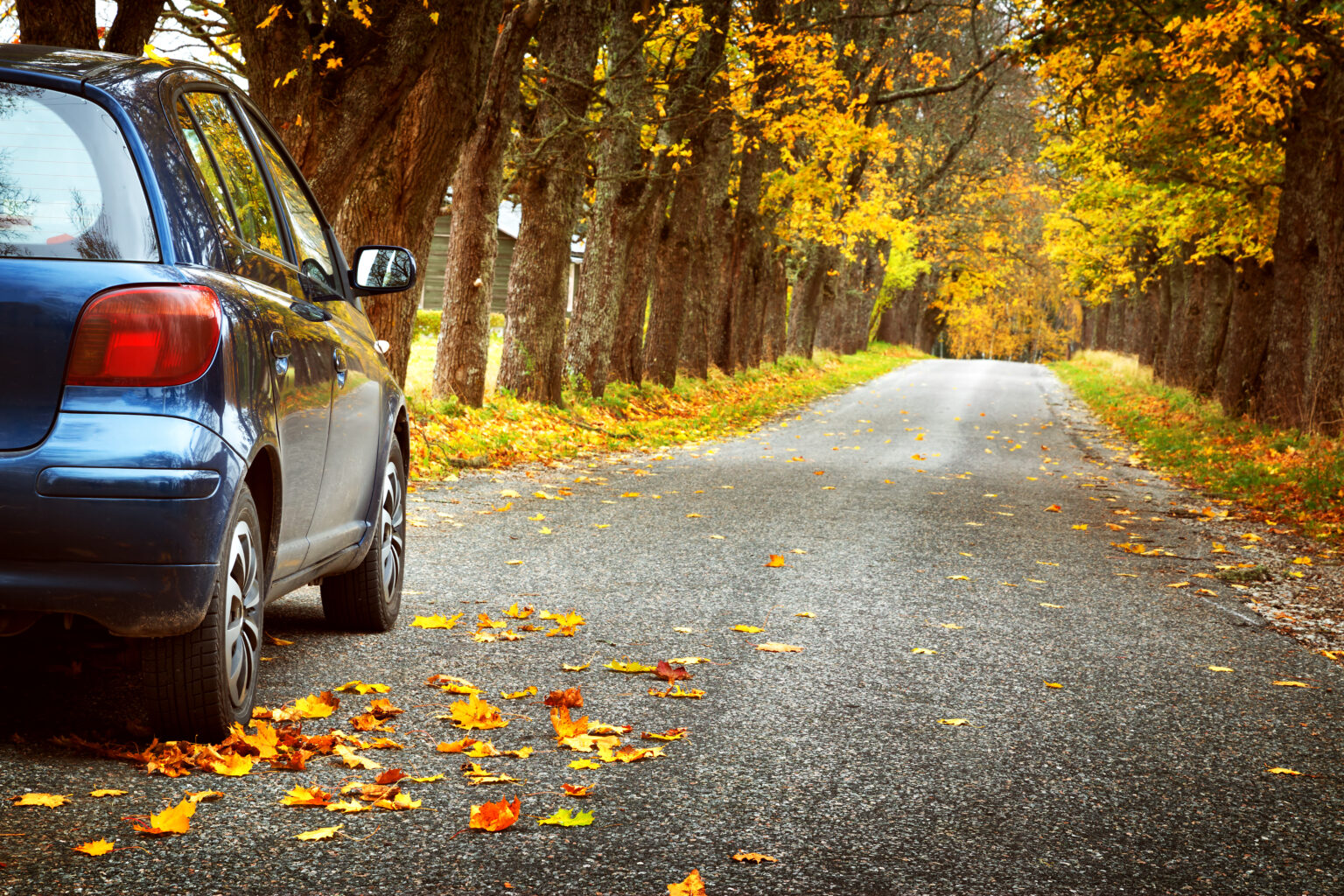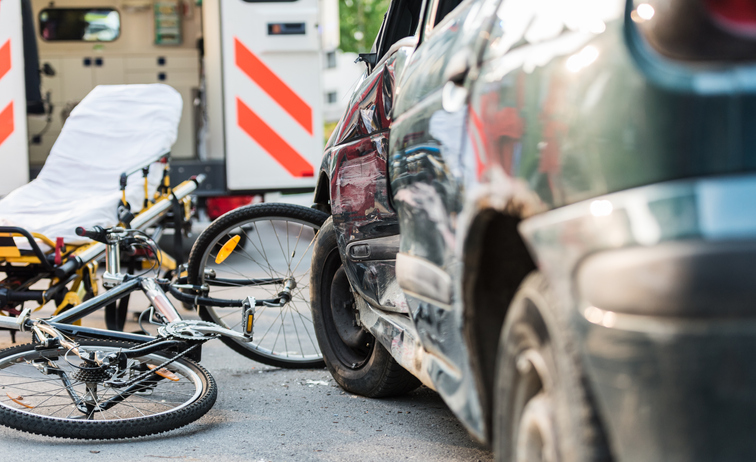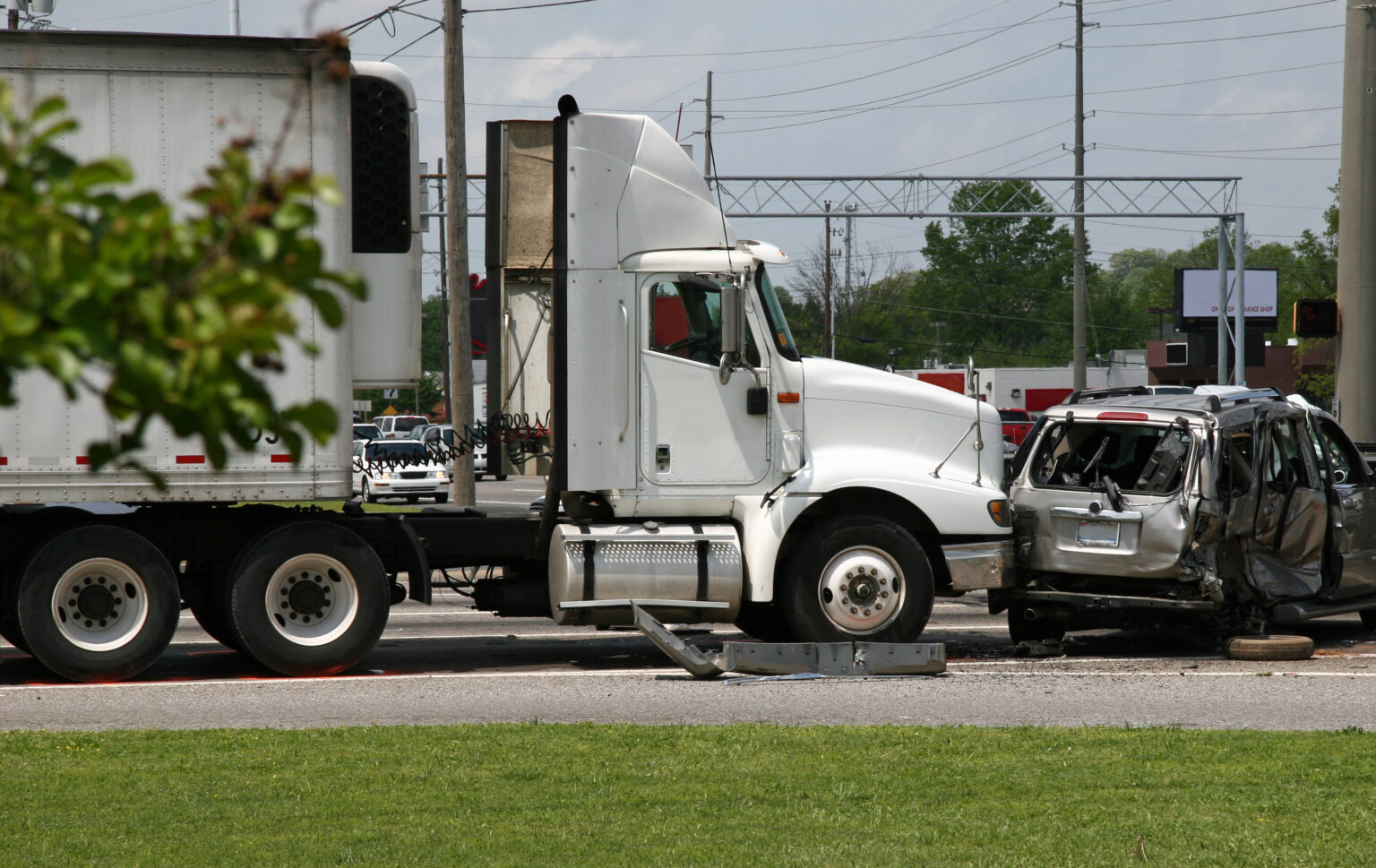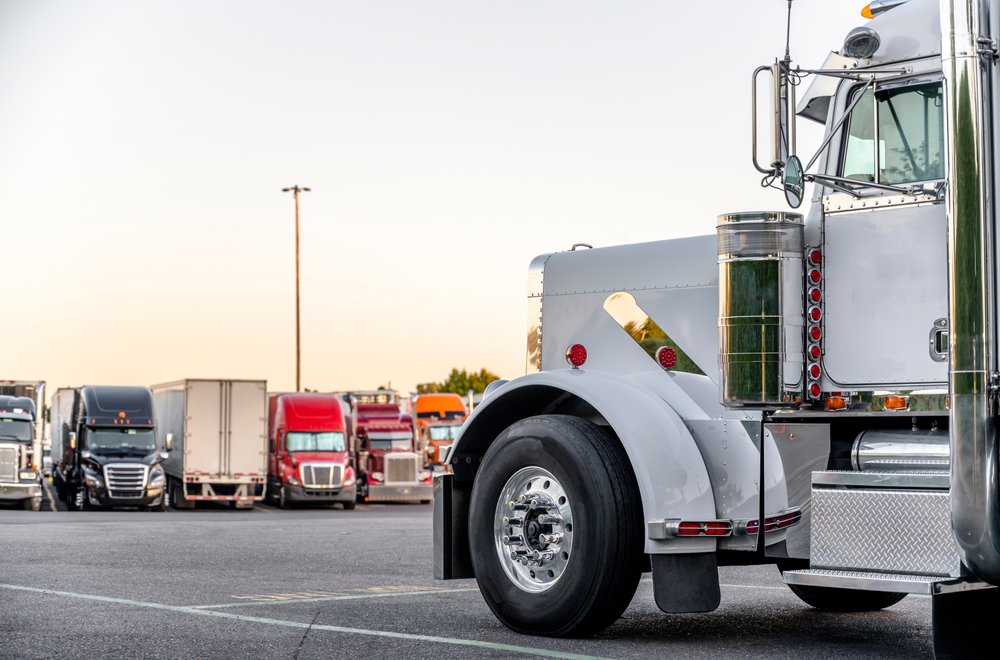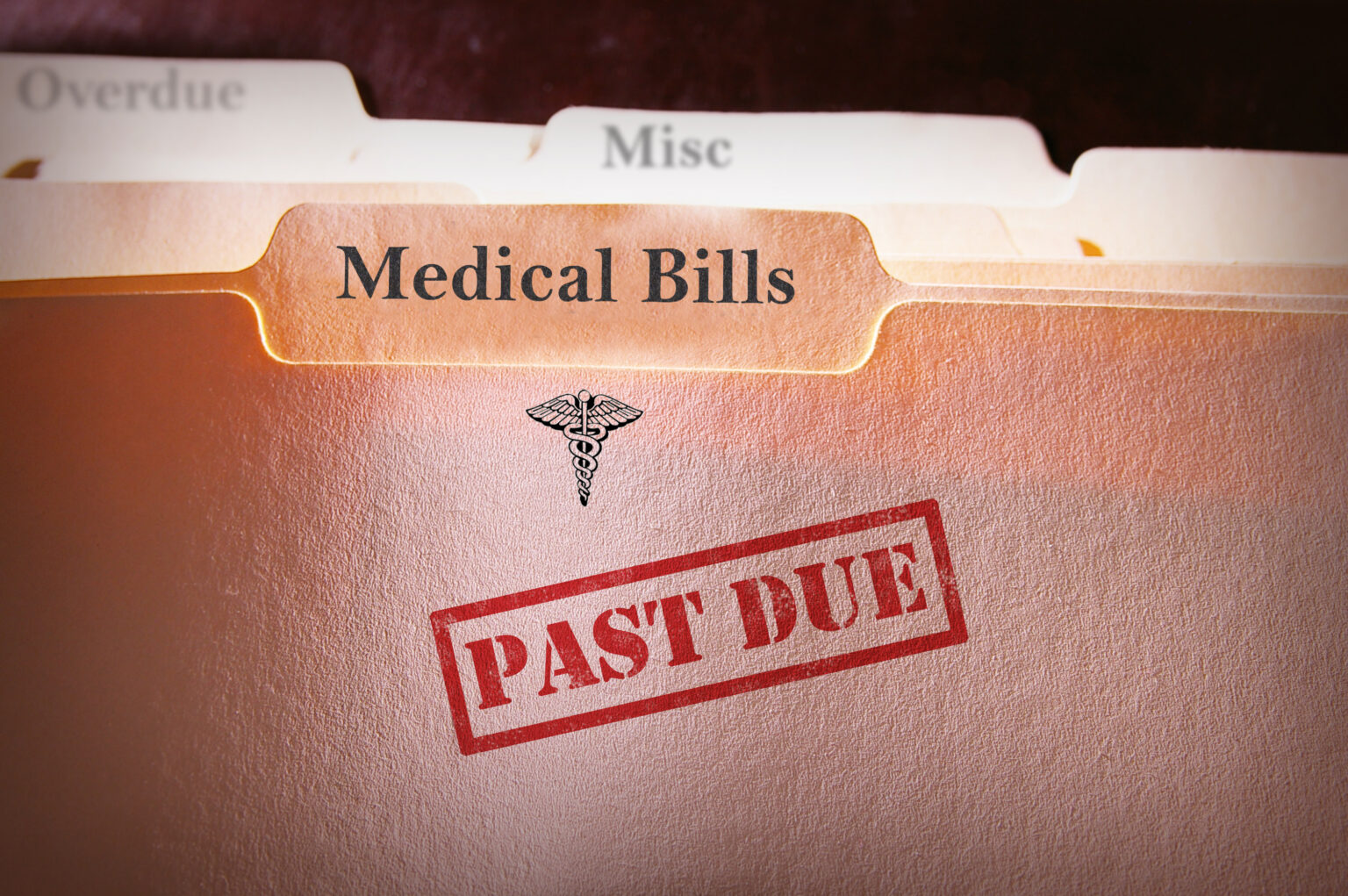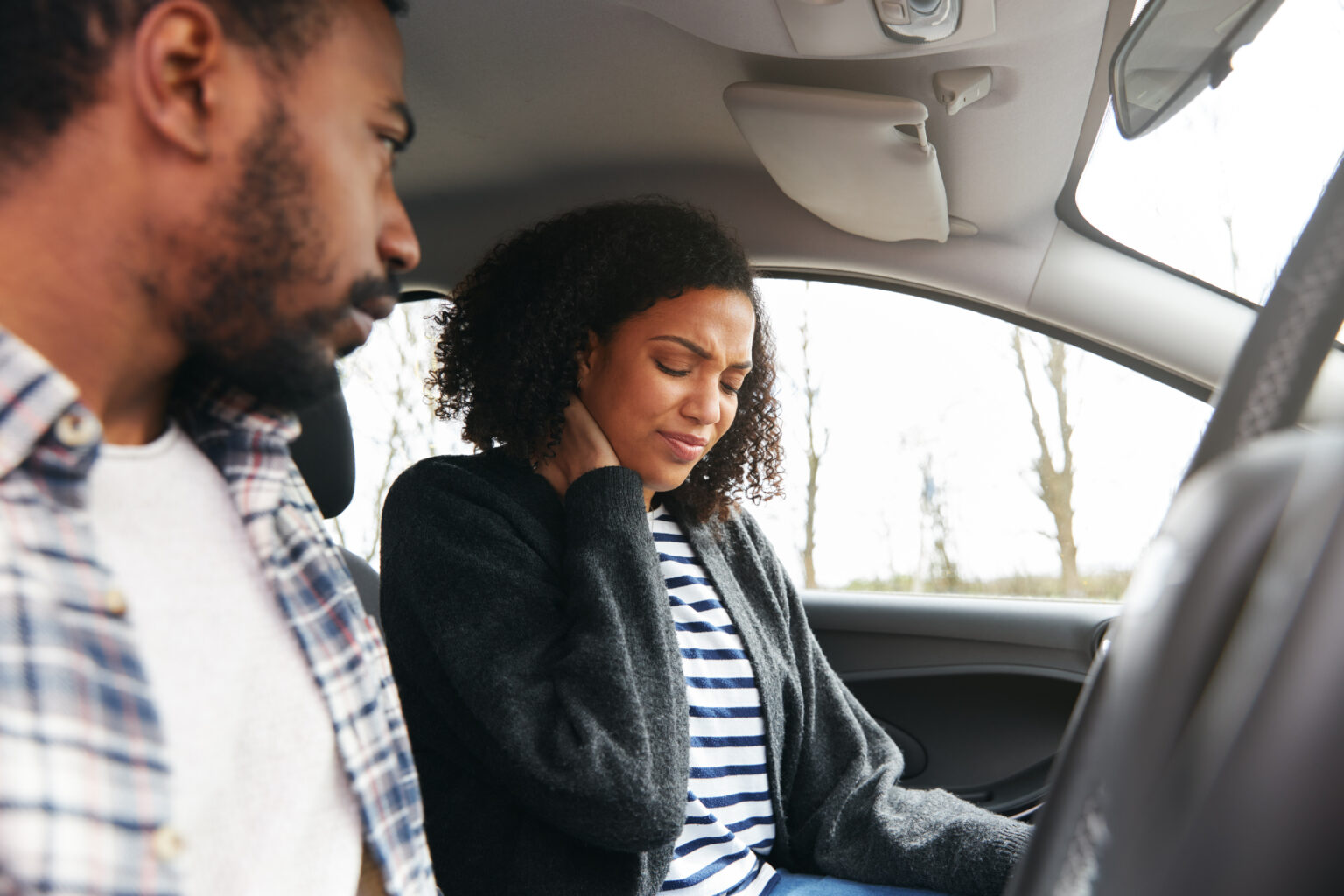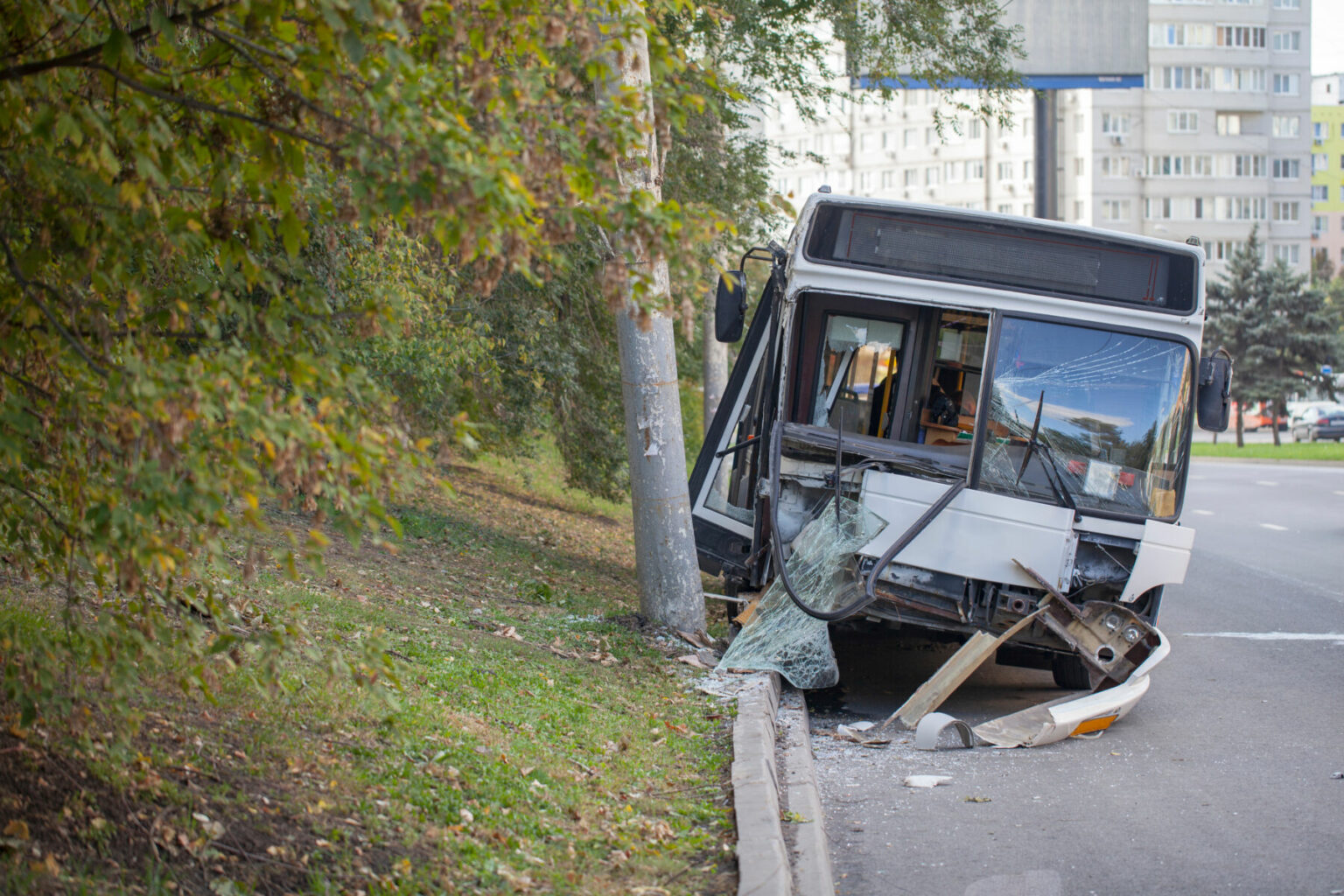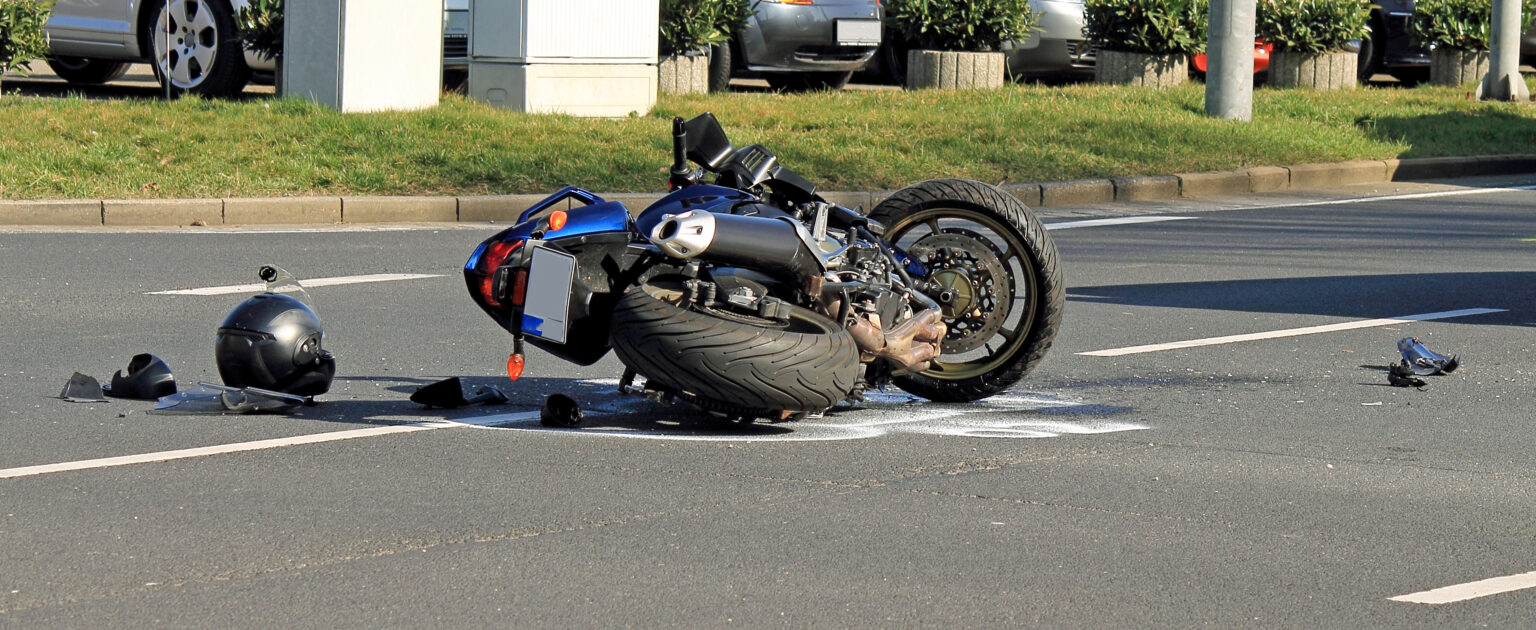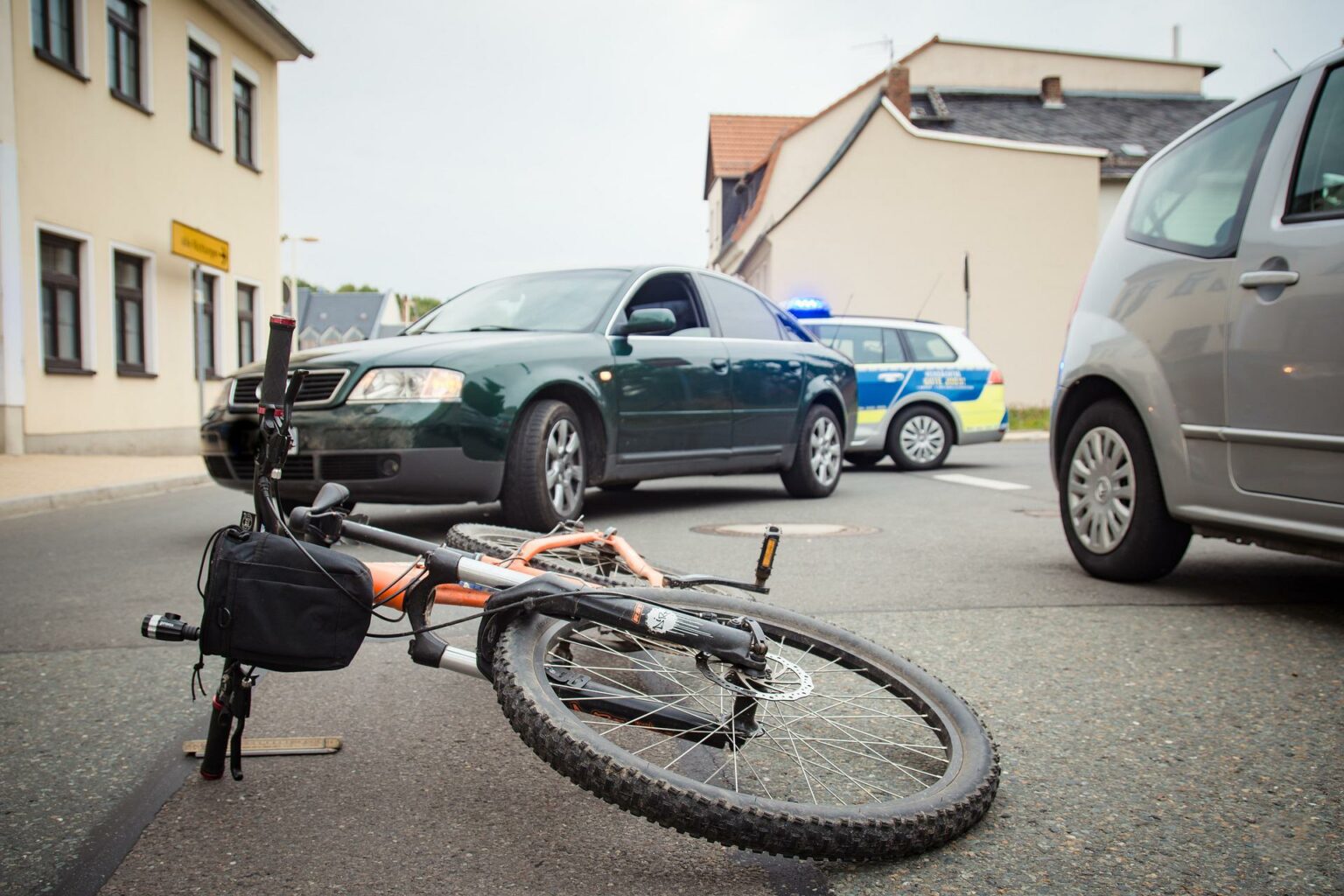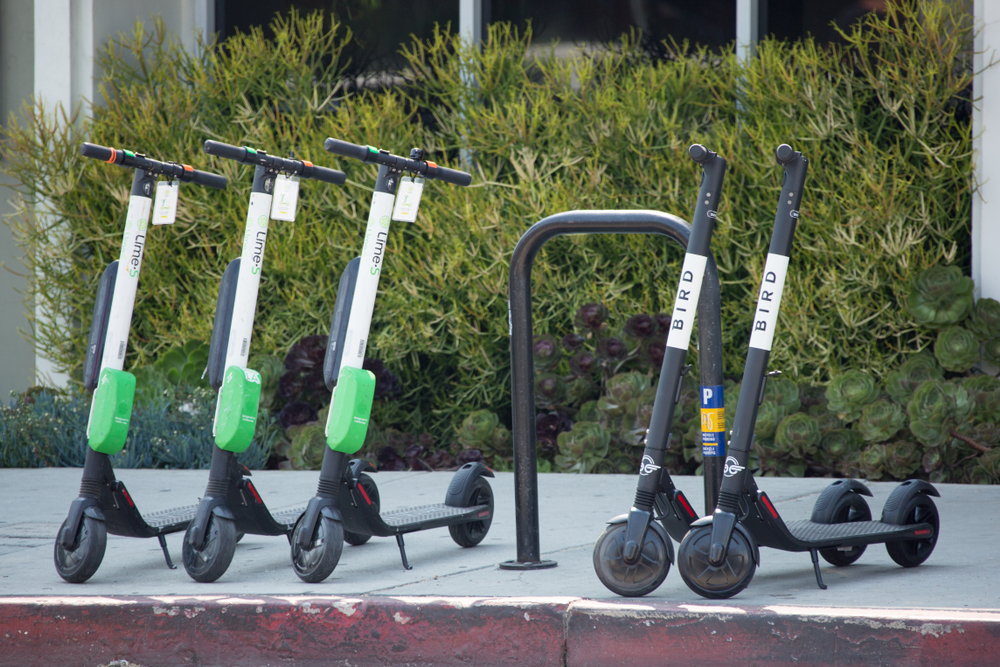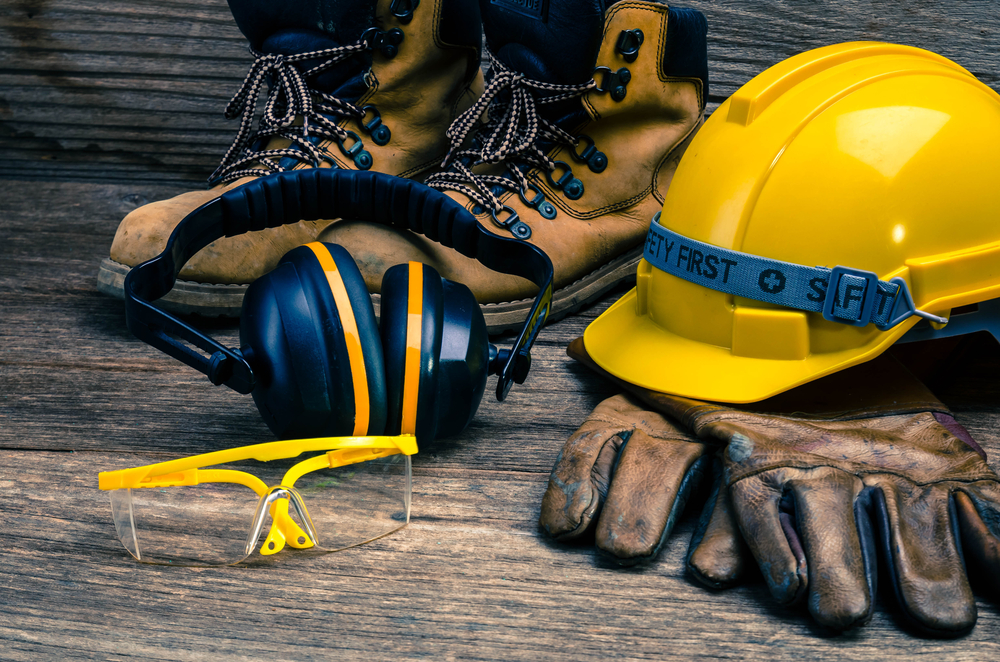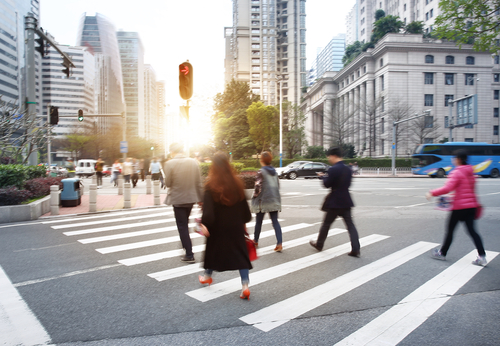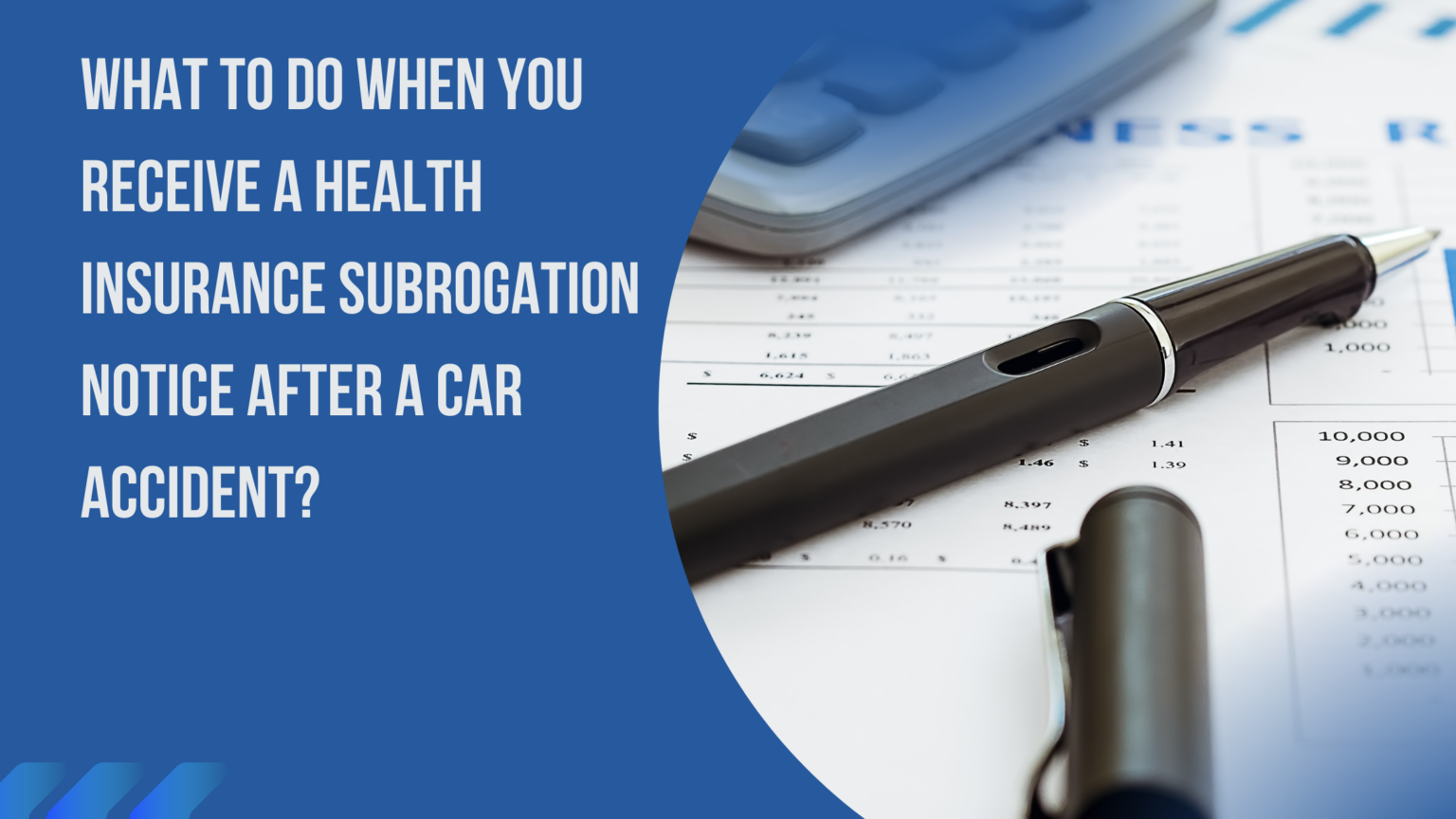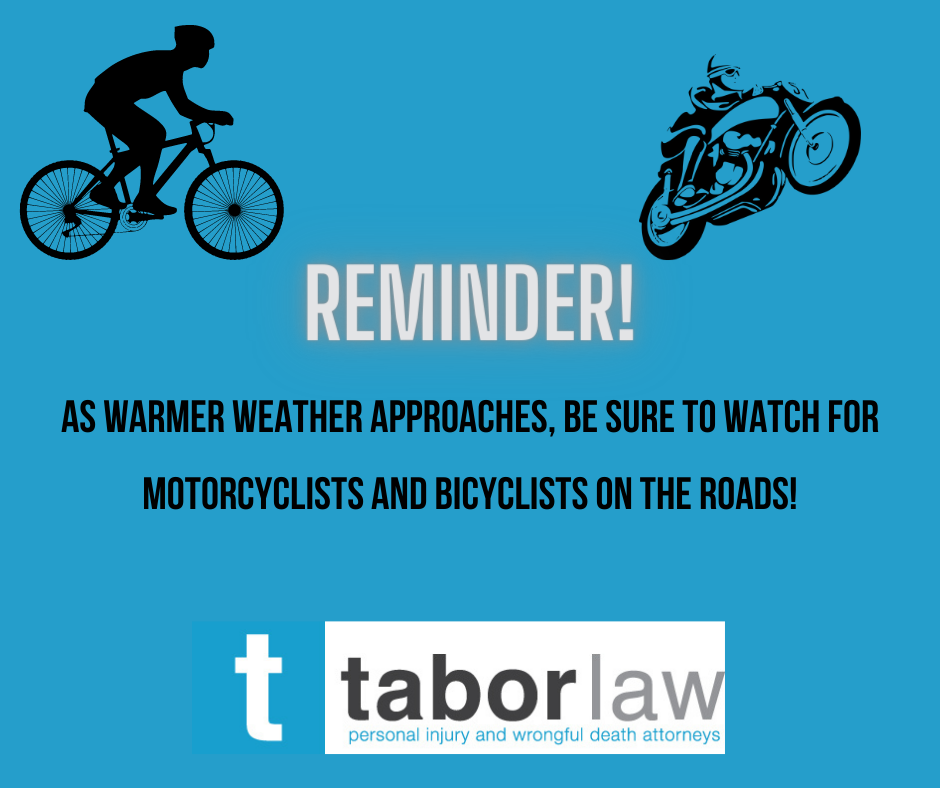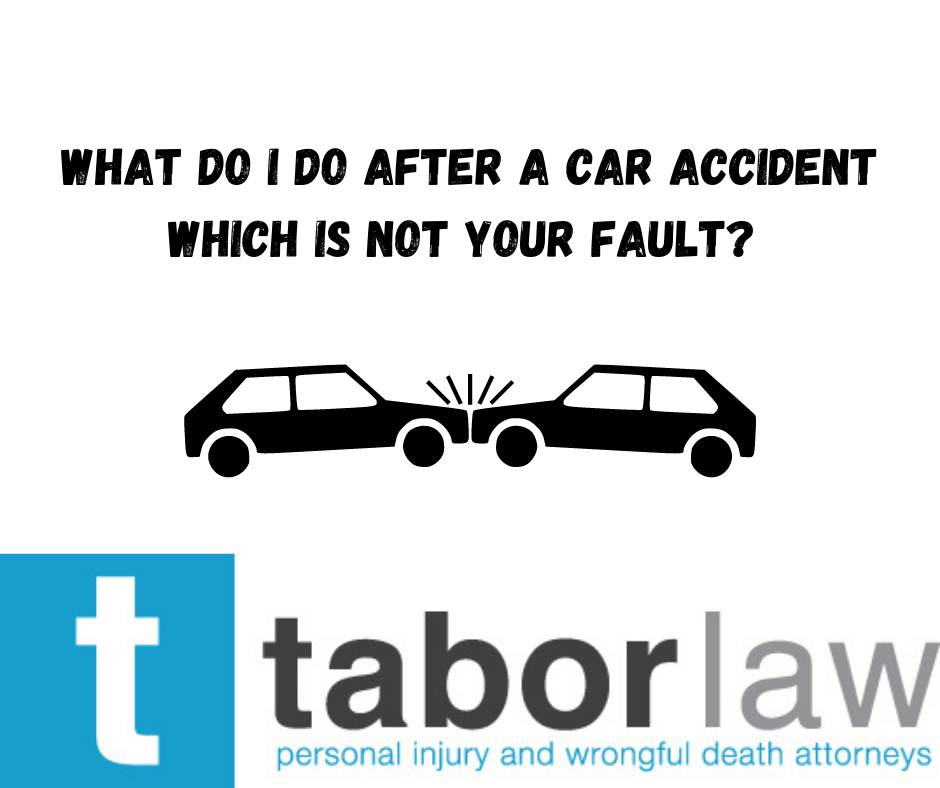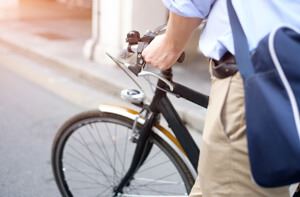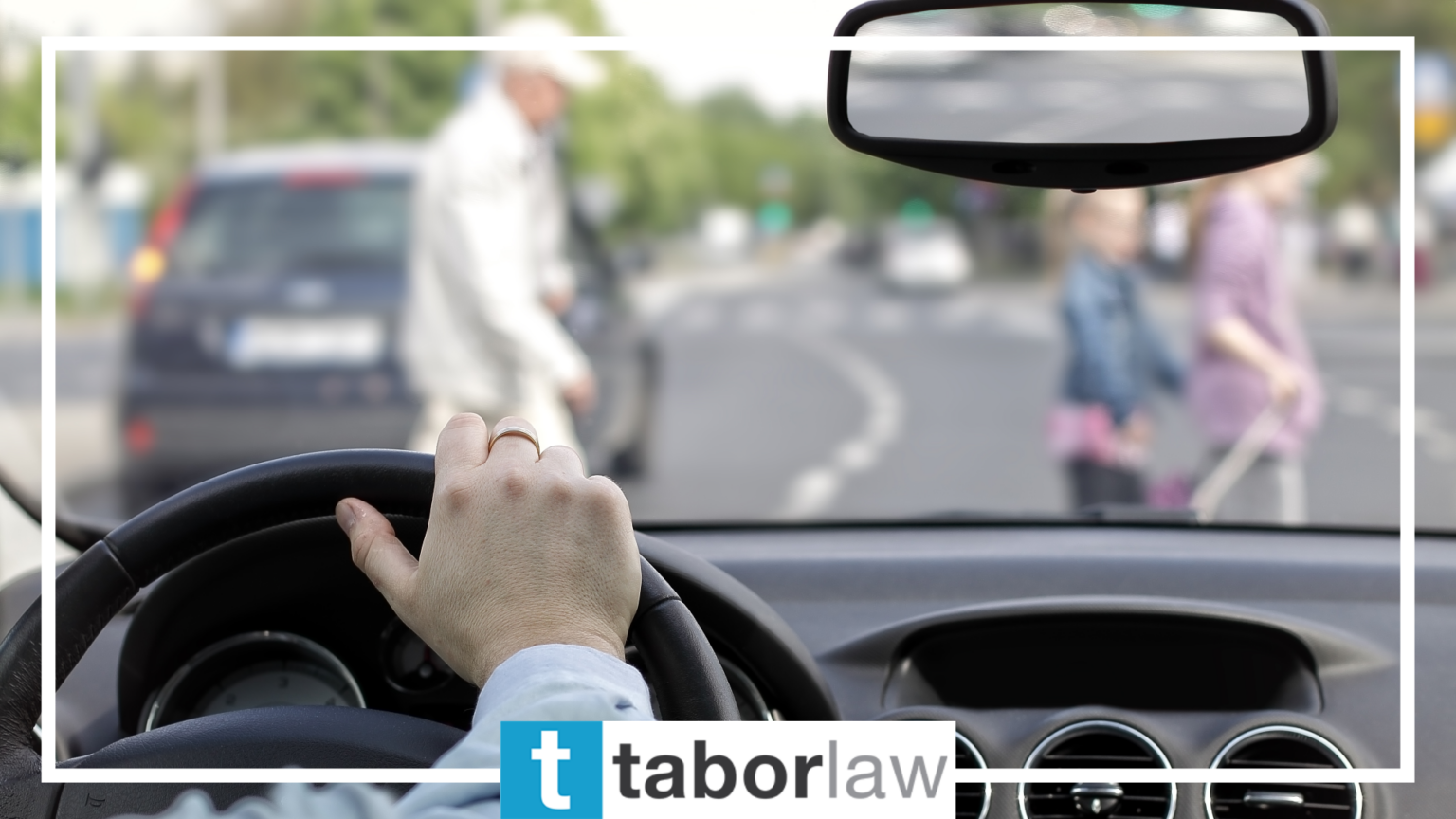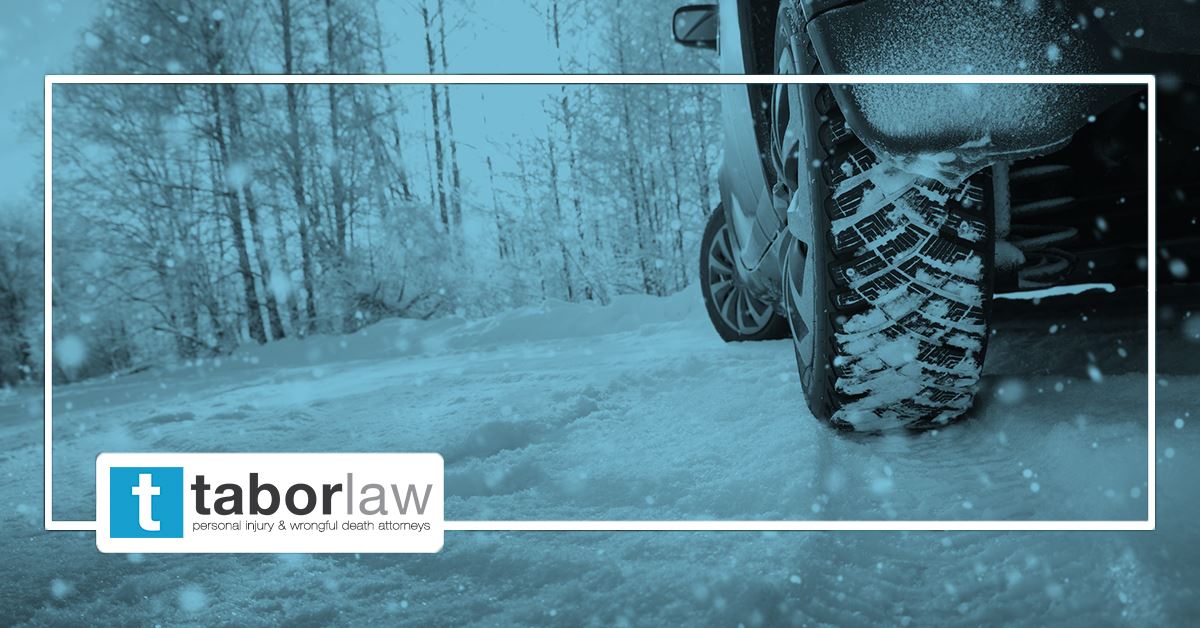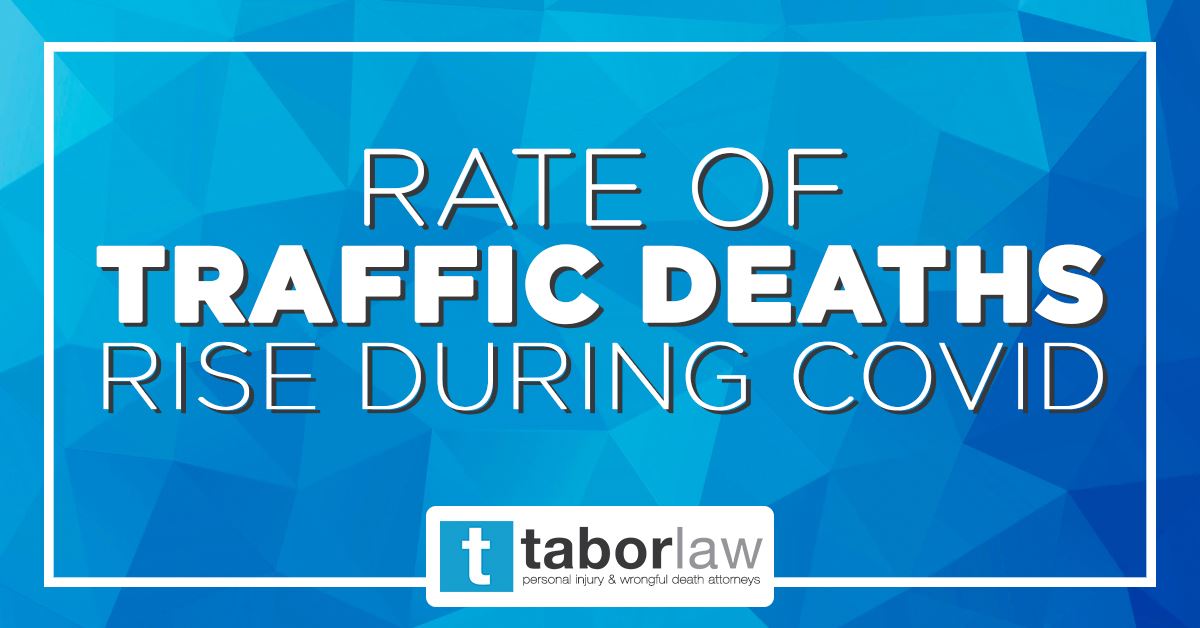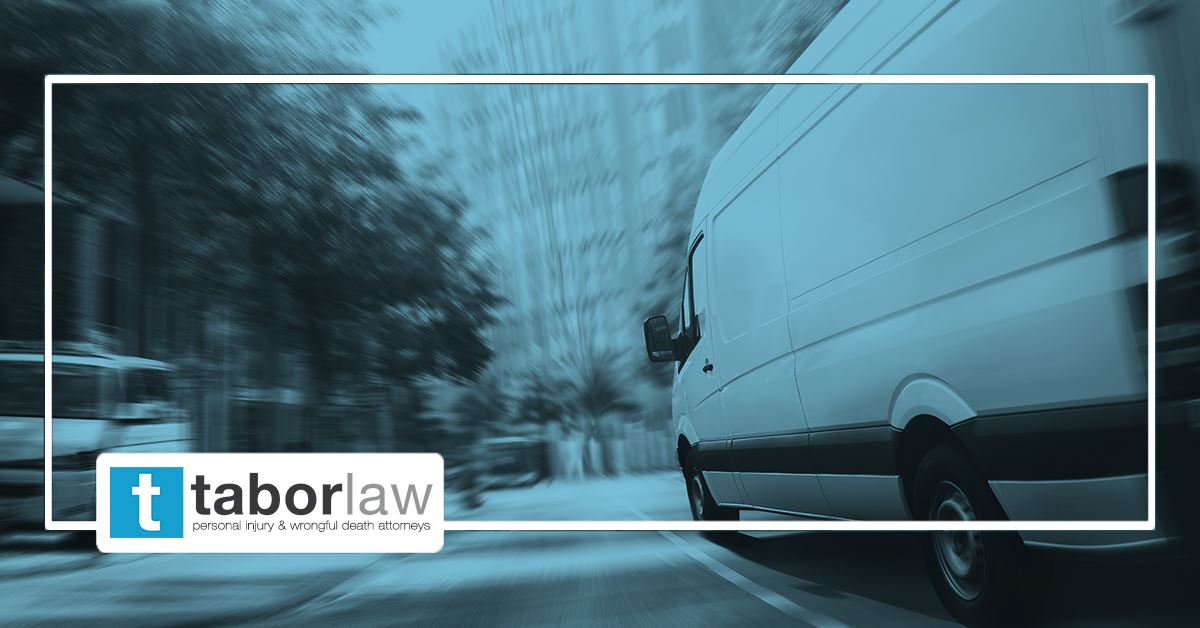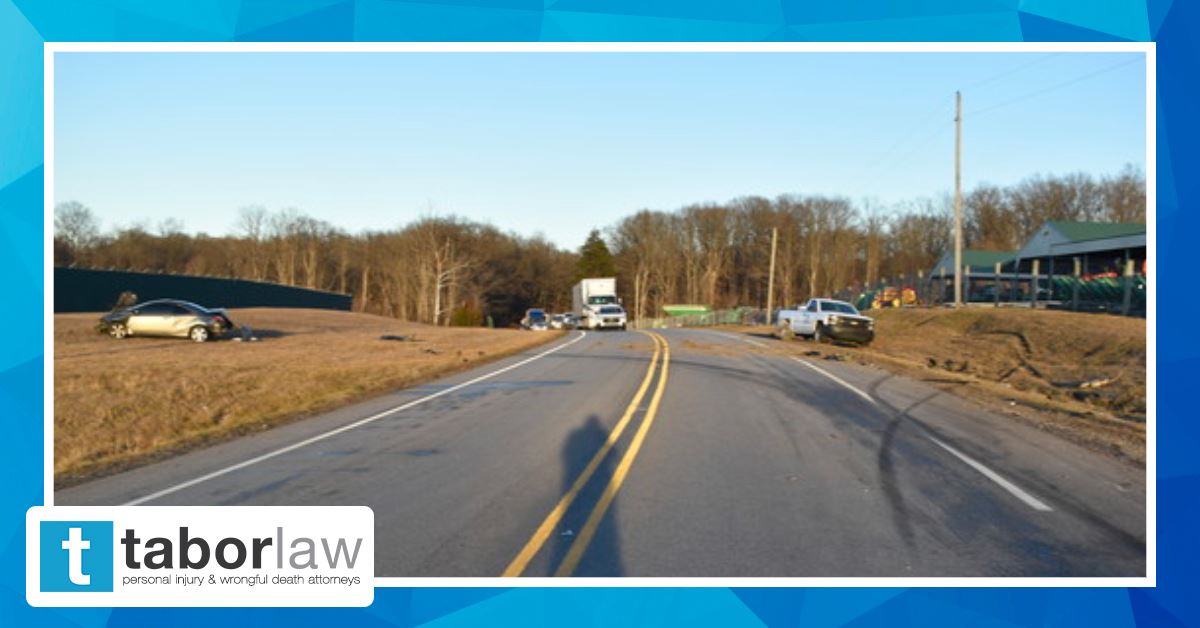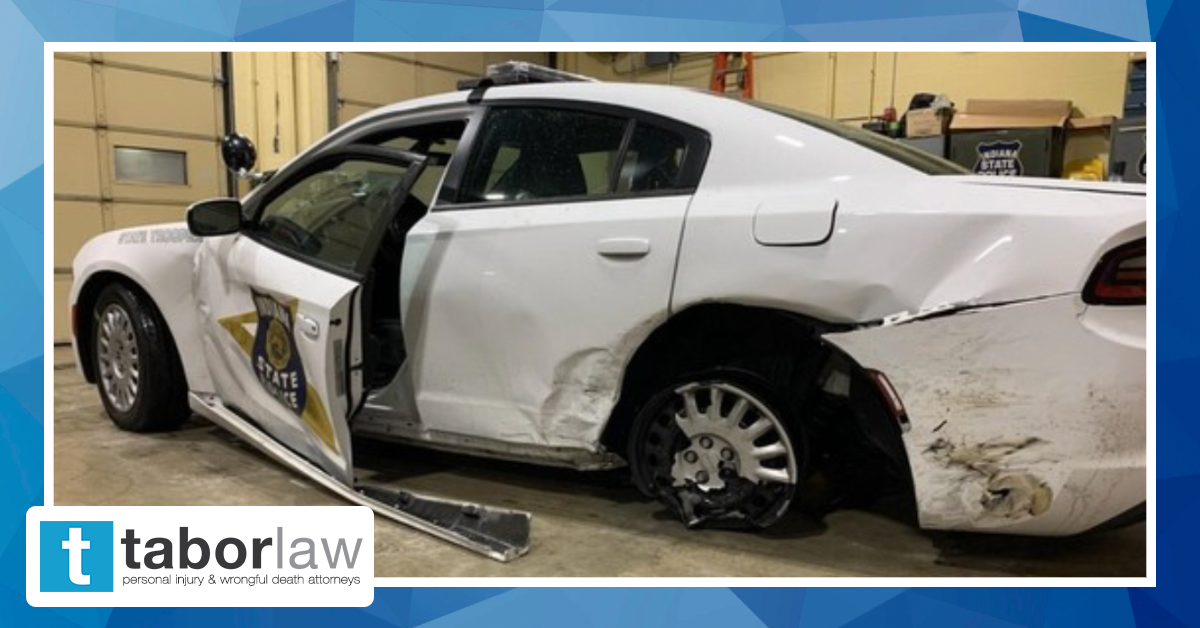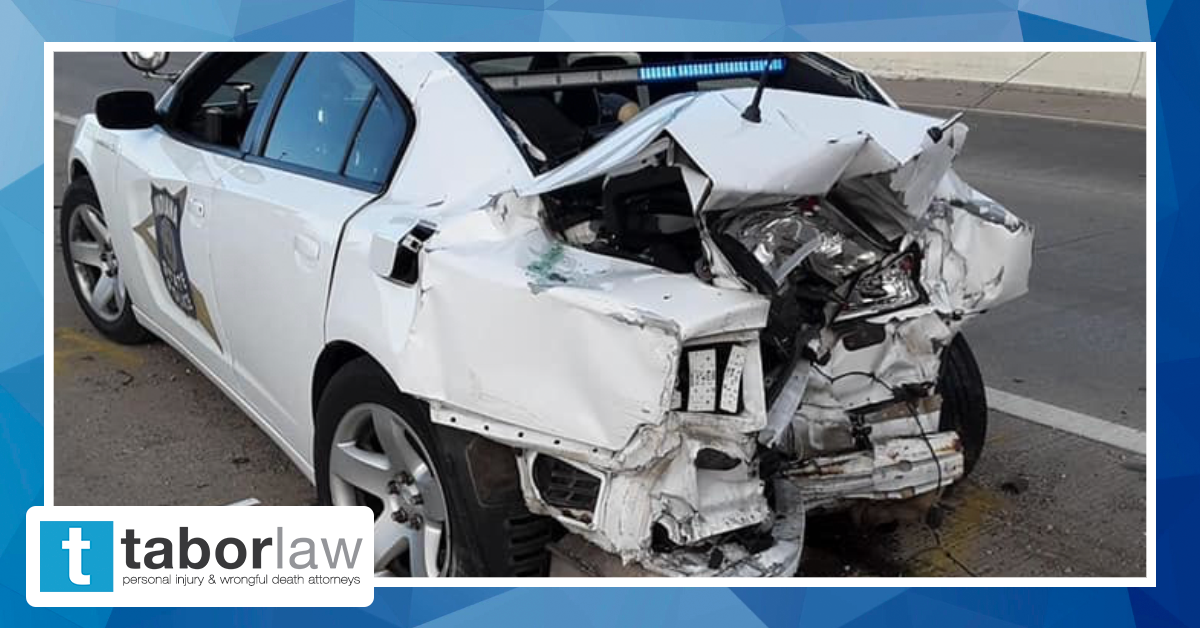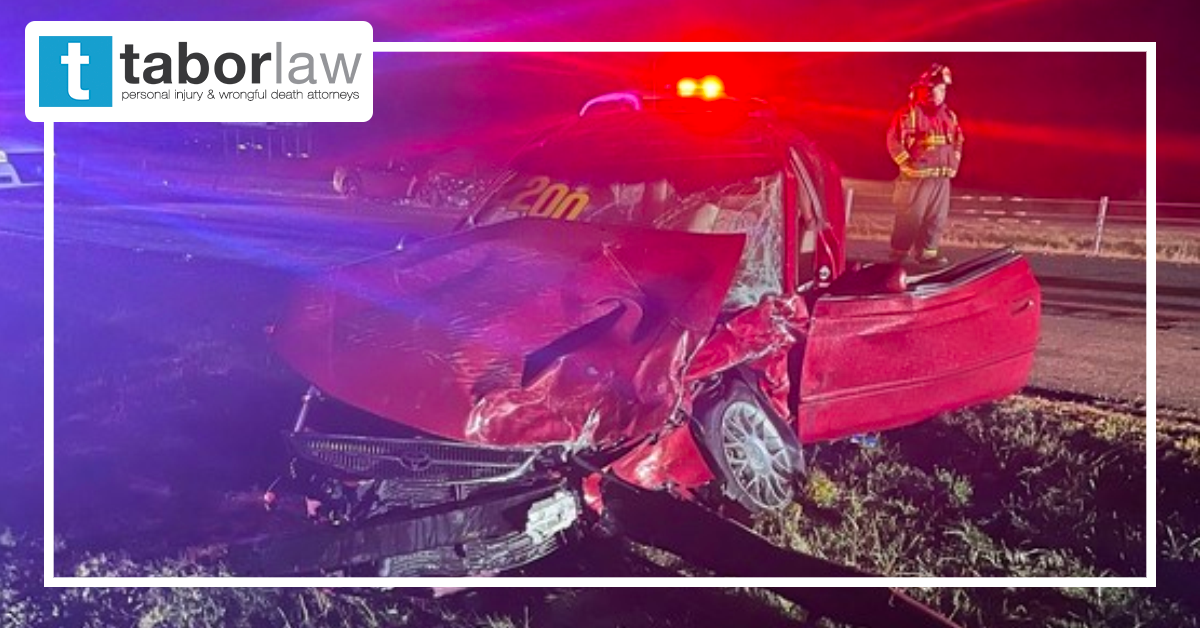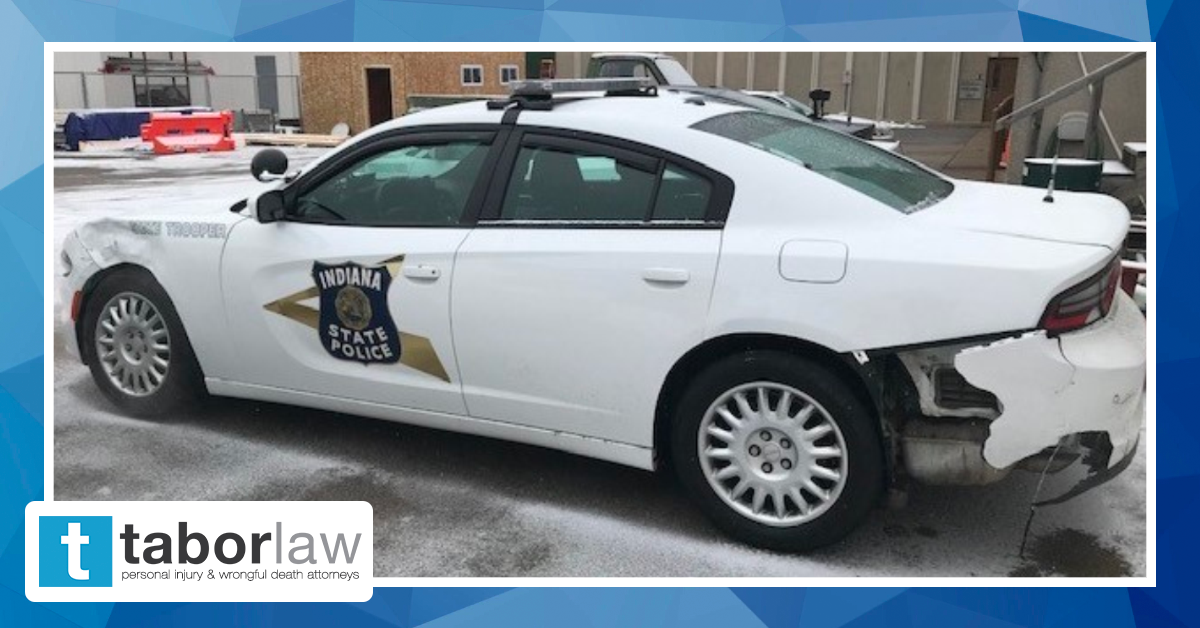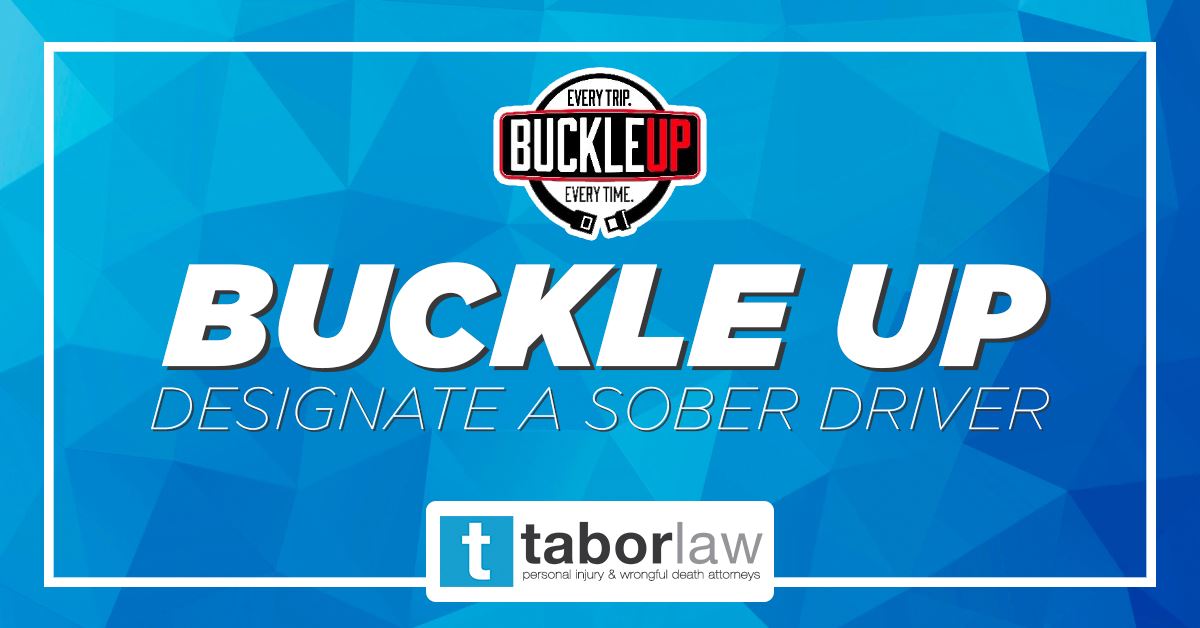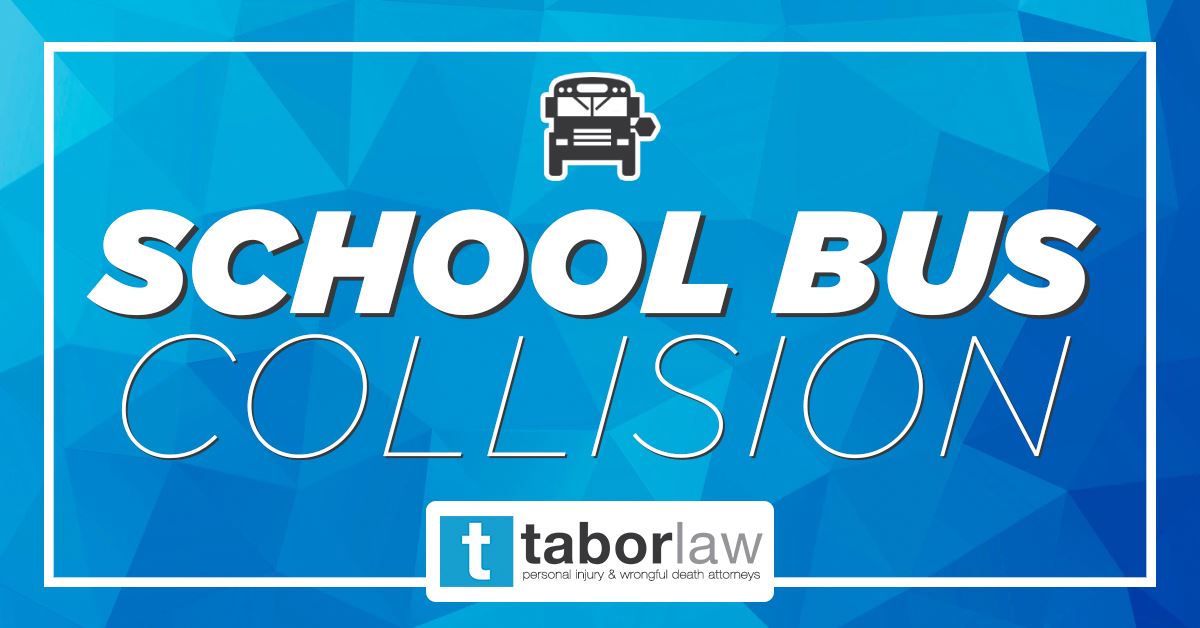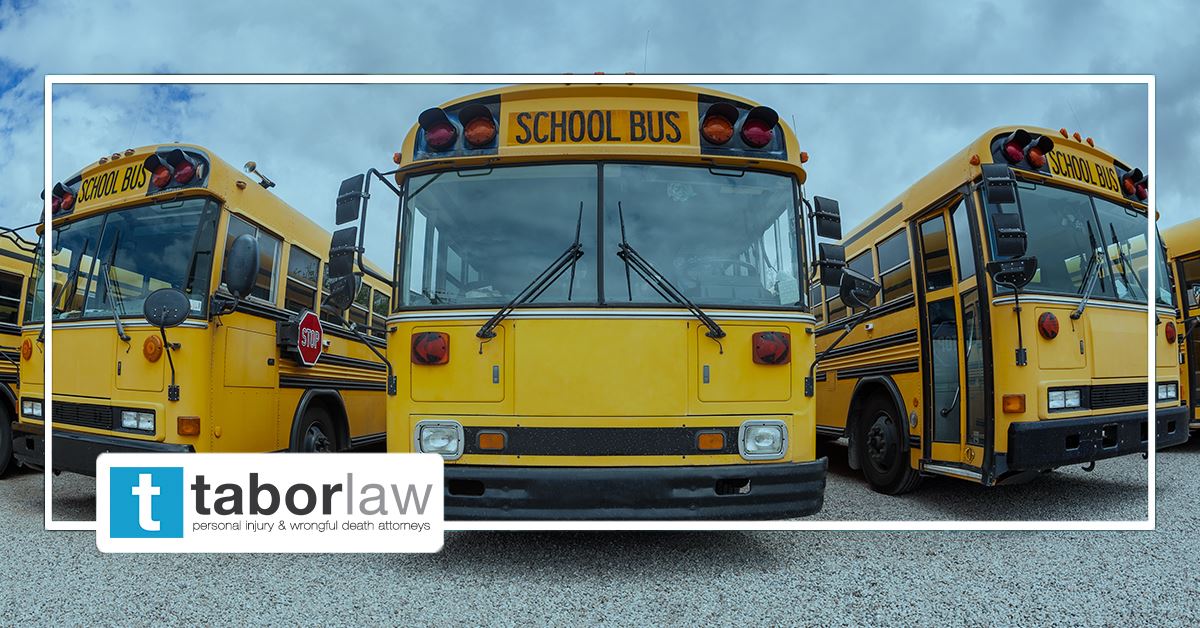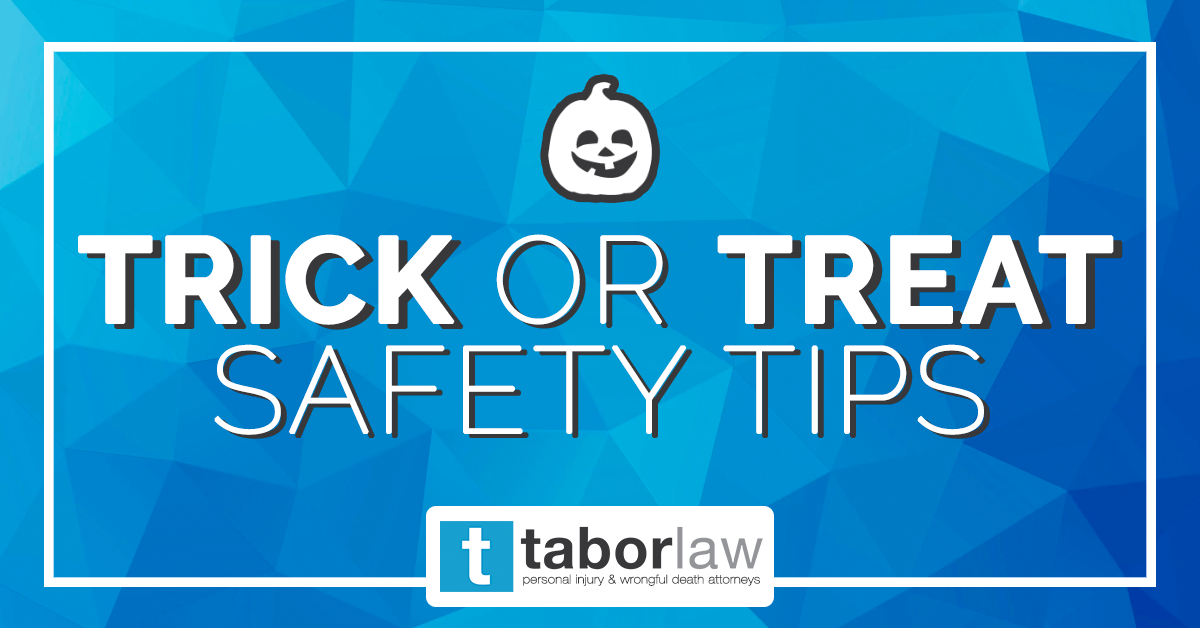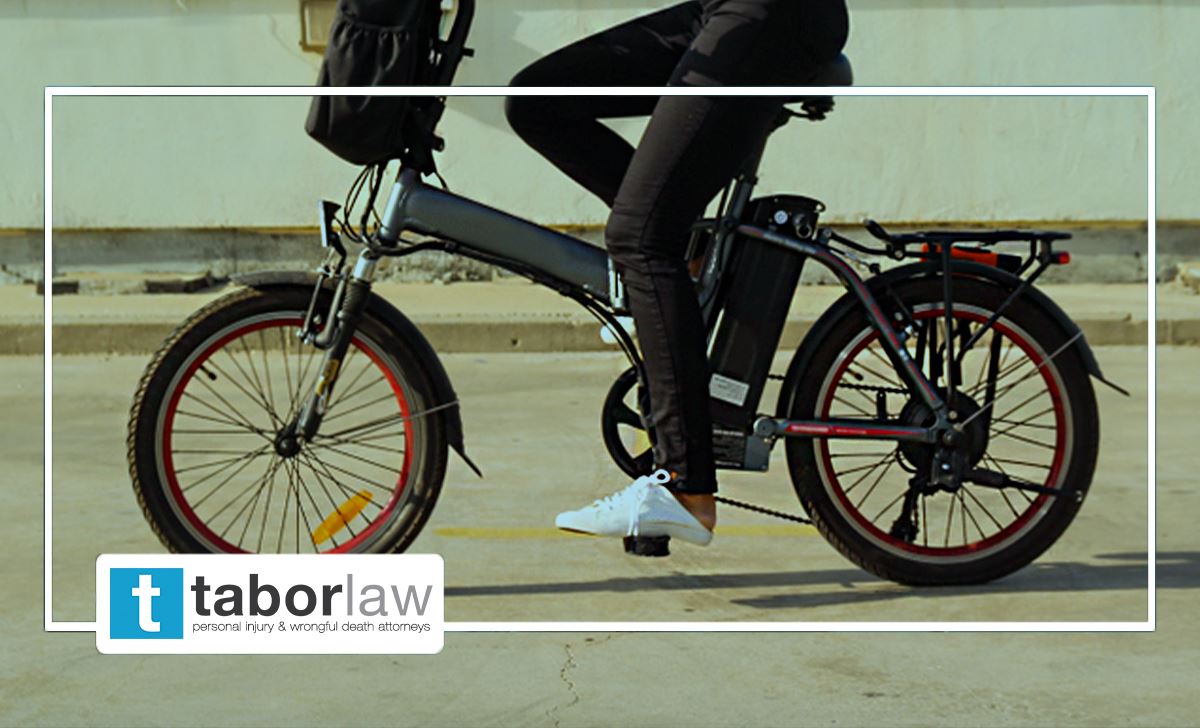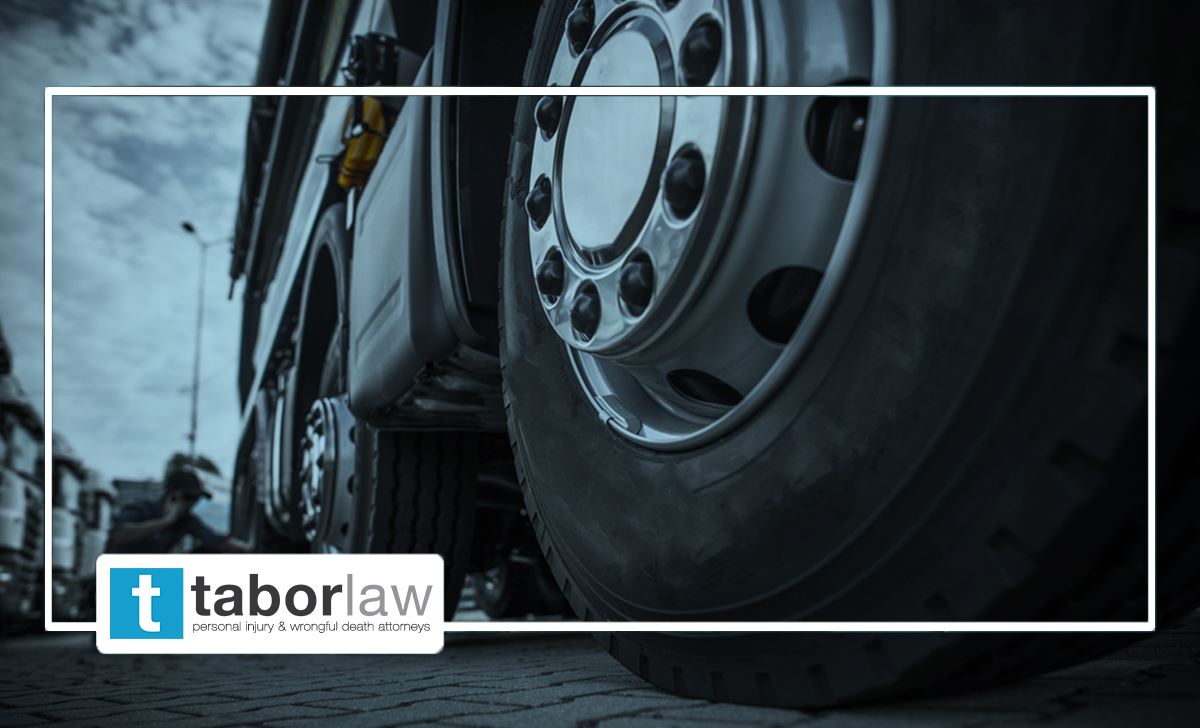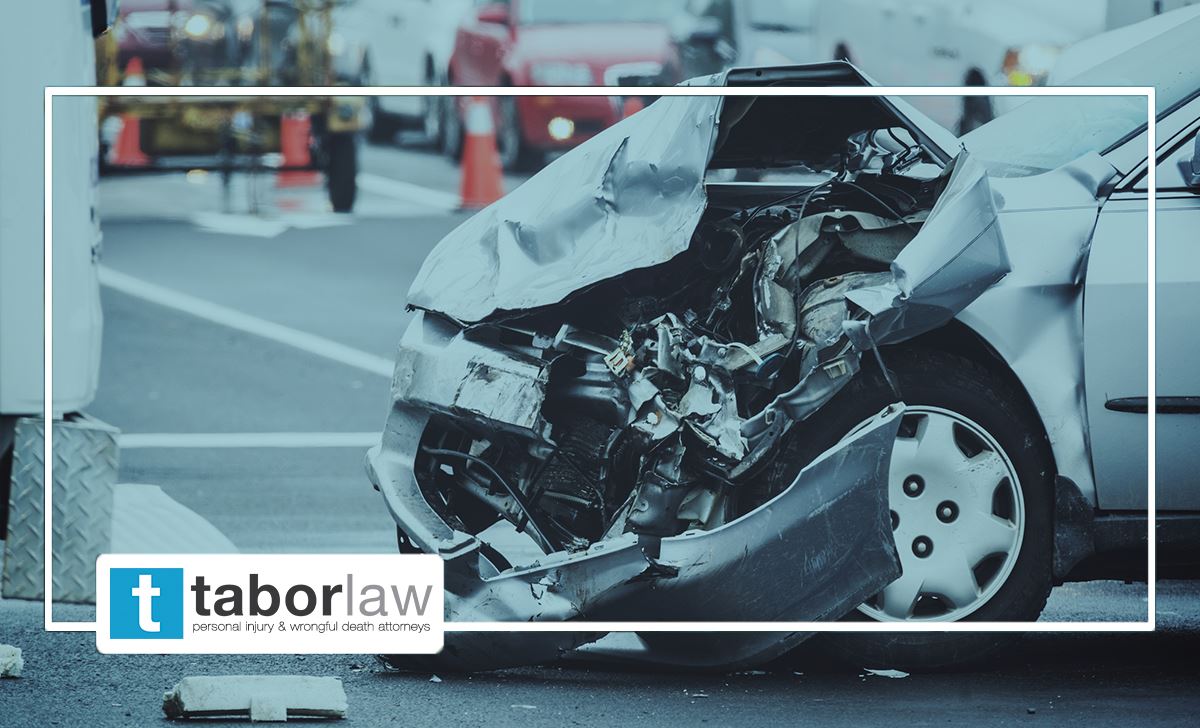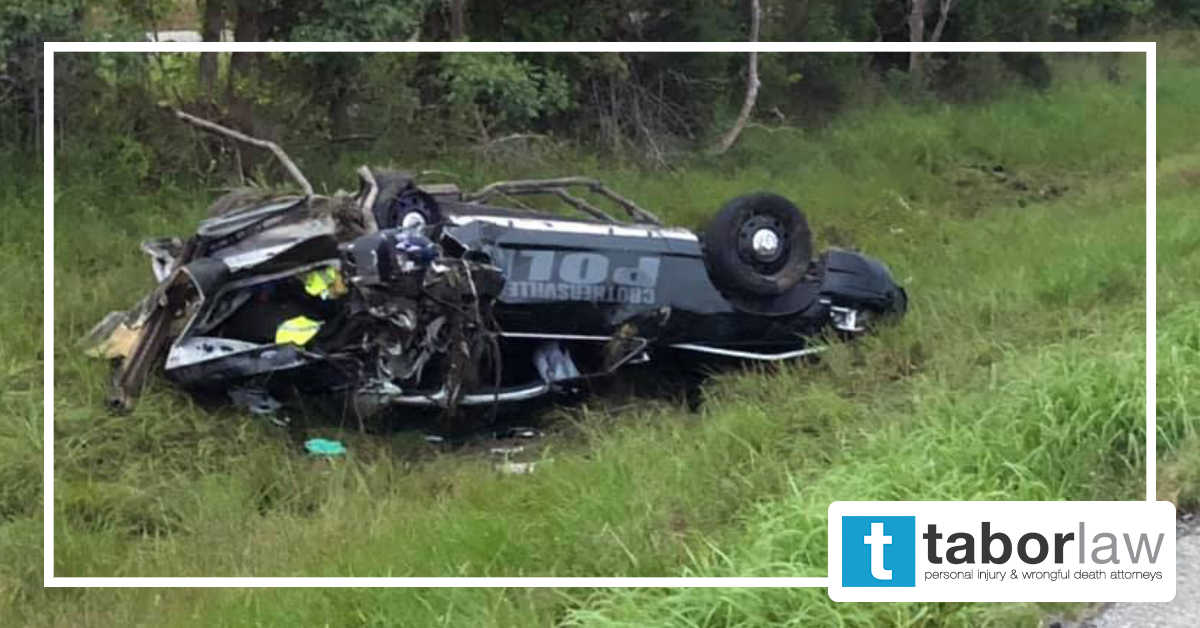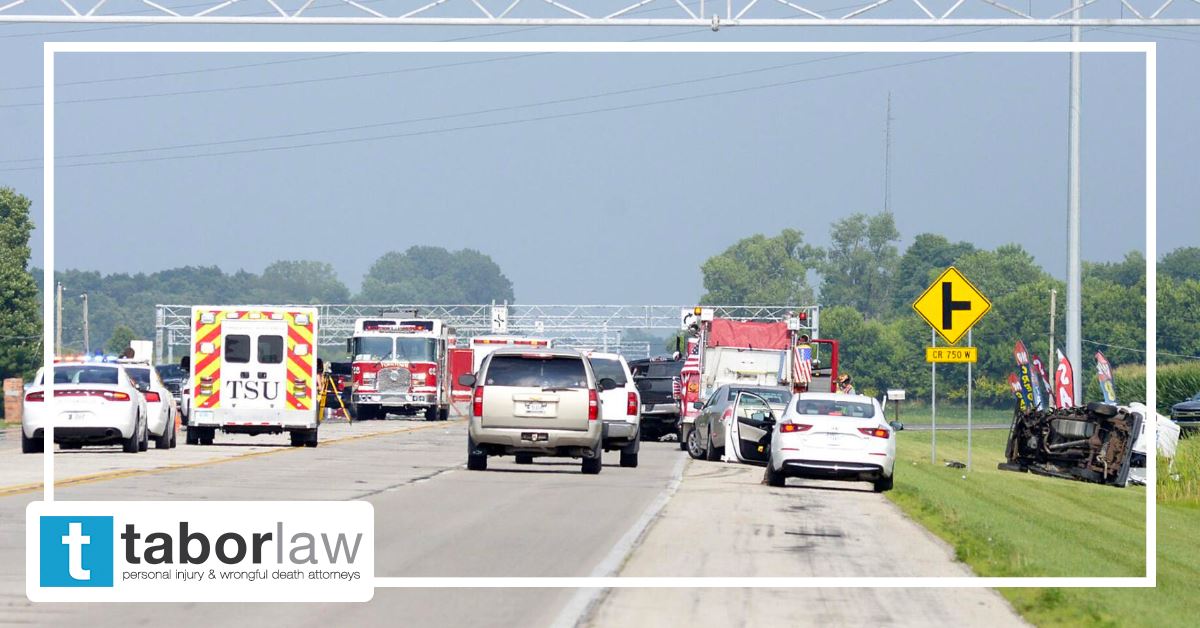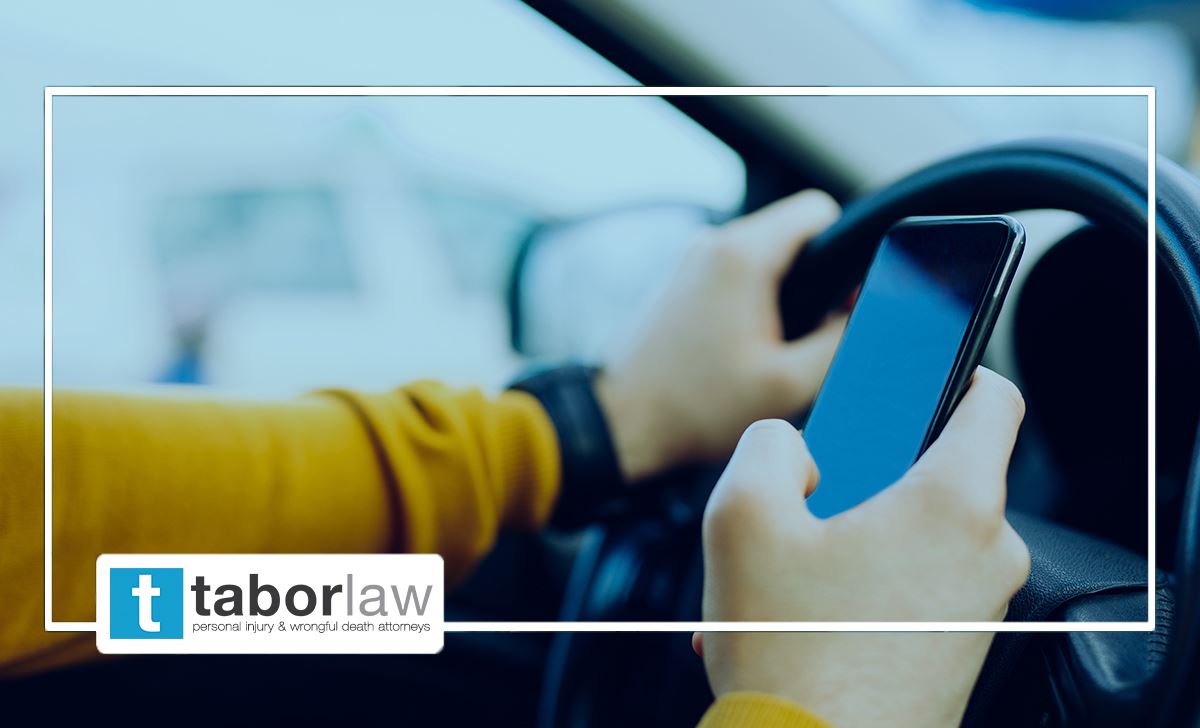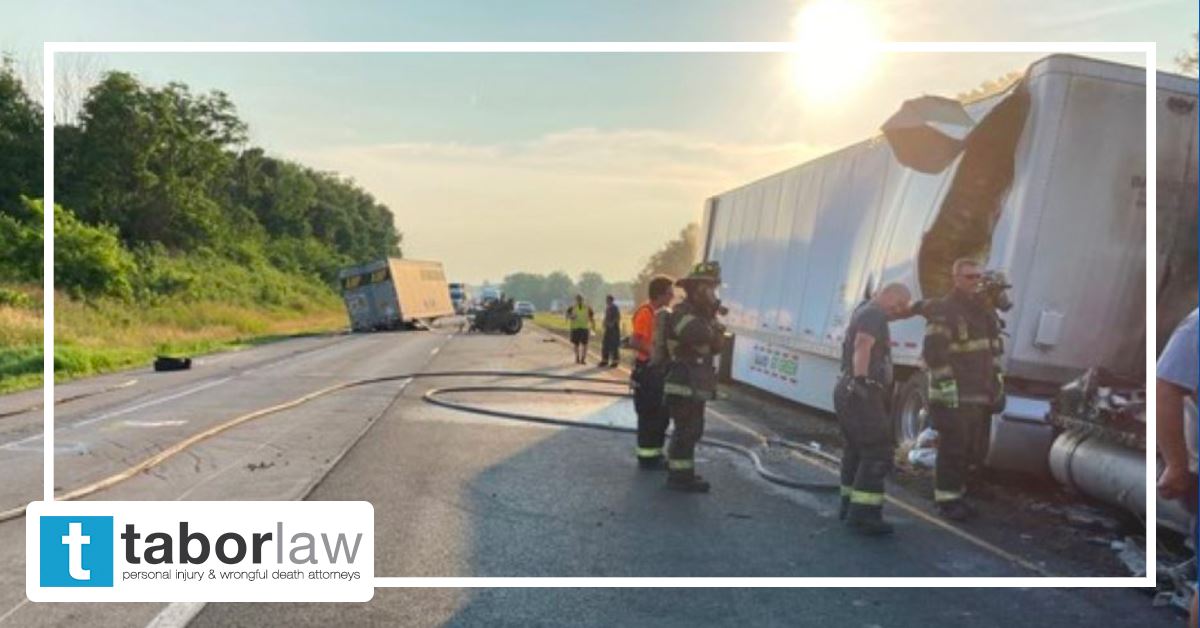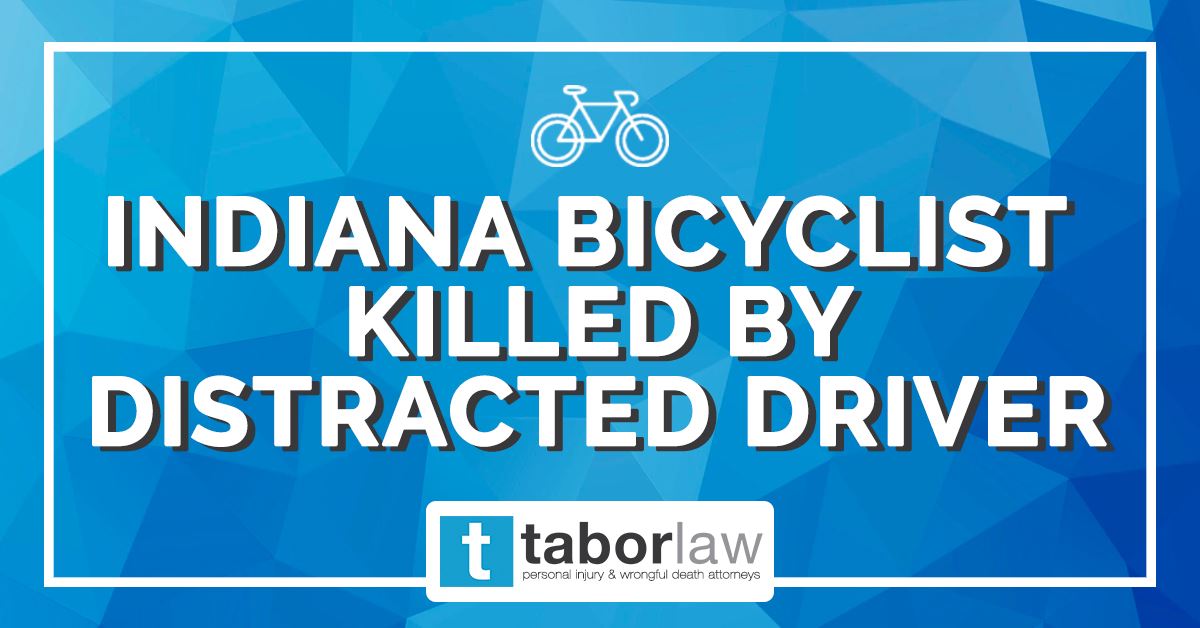Uber & Lyft – What If There’s an Accident?
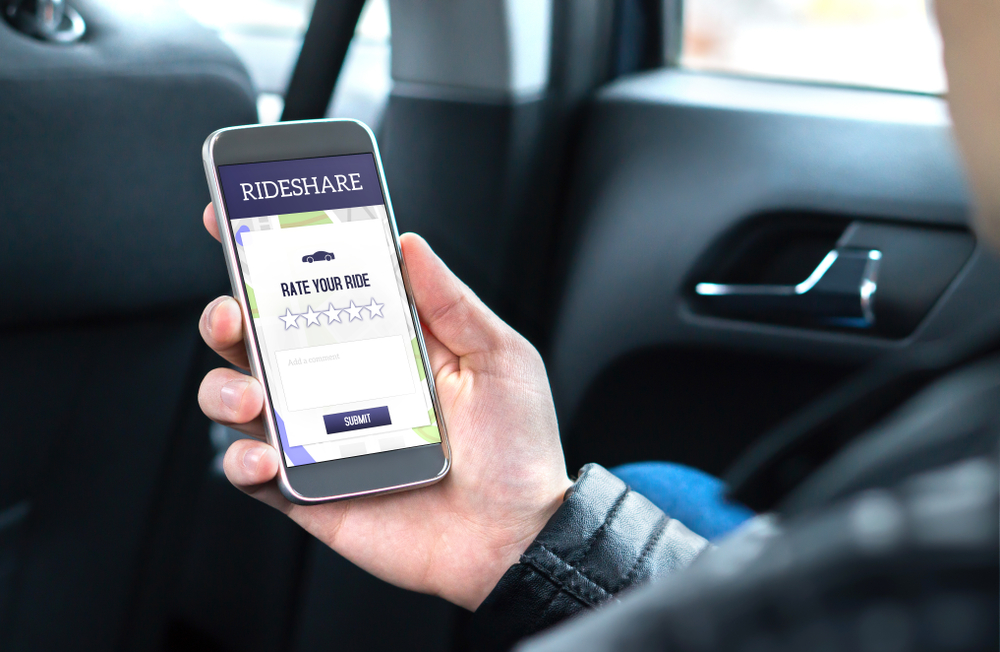
There is no doubt that apps like Uber and Lyft are helpful, but what if you’re in an accident?
Until recently, if you needed a ride somewhere but weren’t on a public transportation route, and couldn’t convince a friend or relative to drive you, you called a cab. Rideshare apps that connect users in need of rides with those willing to provide them have become a competitively priced alternate source of transportation.
The good news is that if you are a rider, you should be covered in the case of an accident; and, depending on the circumstances of the accident, more than one type of insurance may apply. However, if you’ve considered making some extra money by becoming a driver for a rideshare service, you may want to reconsider or at least wait until better regulations come into play and insurance gaps are covered.
Rideshare: Who is covered?
Rideshare drivers have personal insurance, but once the vehicle is being used for commercial use -picking up a passenger, driving the passenger, driving the vehicle back to where it started – private insurance may no longer provide coverage. Instead, rideshare companies provide large excess liability policies to cover damages if an accident is their driver’s fault. Typically, that coverage is only good when a passenger is in the car and only covers damage and injuries to passengers, other parties, and their property. The driver is responsible for damage to his or her vehicle if they’re in an accident that is their own fault. Plus, there is a gray area when drivers are driving to a rider and then returning to wherever they started from.
Insurance Coverage For Uber, Lyft & Sidecar Passengers
Even if you don’t think you have been injured in an accident, get insurance information from all parties involved and file a police report of the accident.
Categories:
Related Blog

Pedestrian Safety in Downtown Indianapolis Has Become a Hot Topic. What Can You Do to Protect Yourself?
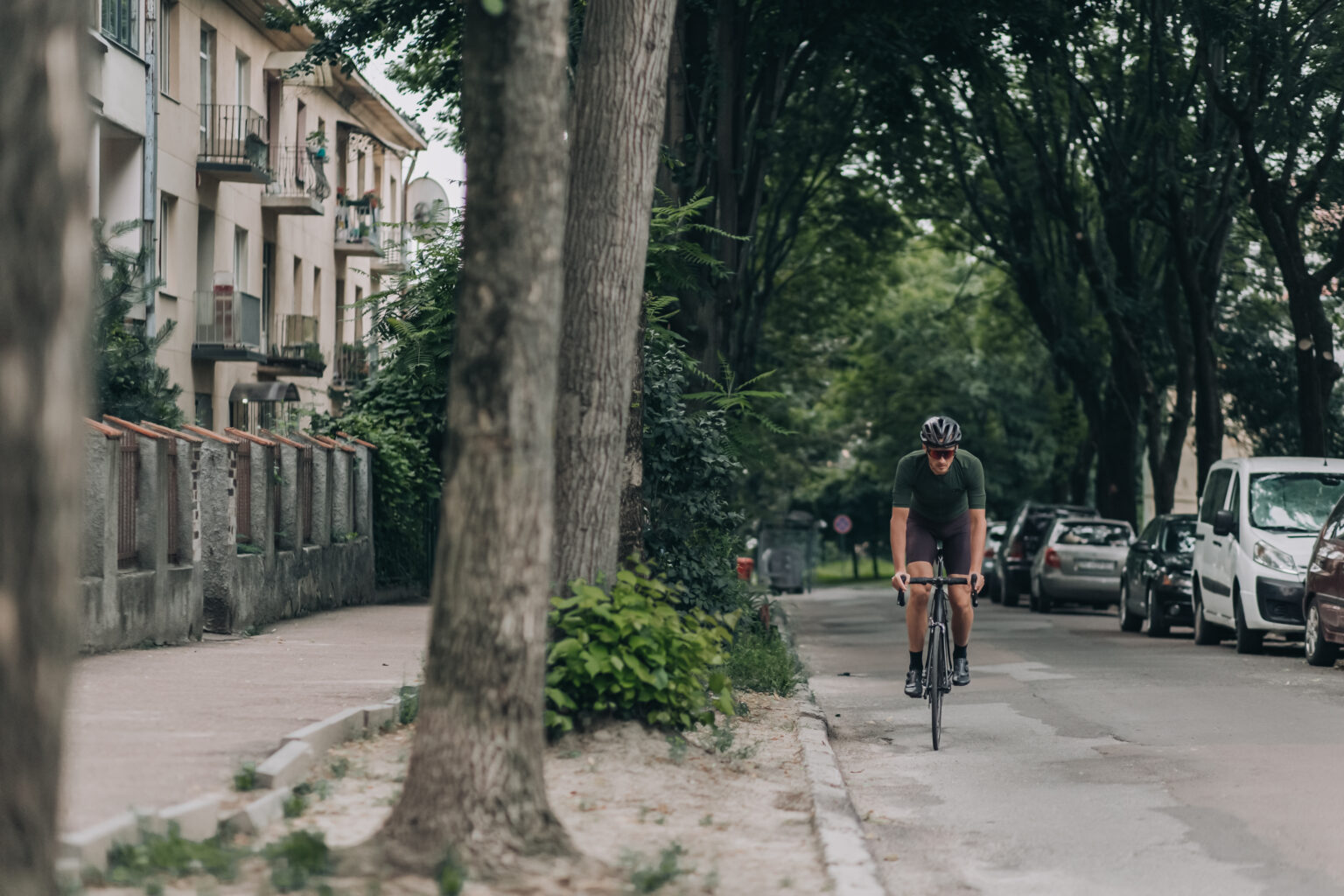
Bicycle Accidents are on the Rise in Indiana. What Can You Do to Prevent a Bicycle Accident?

Understanding the Causes of Motorcycle Accidents in Indianapolis: An Analysis of Recent Data
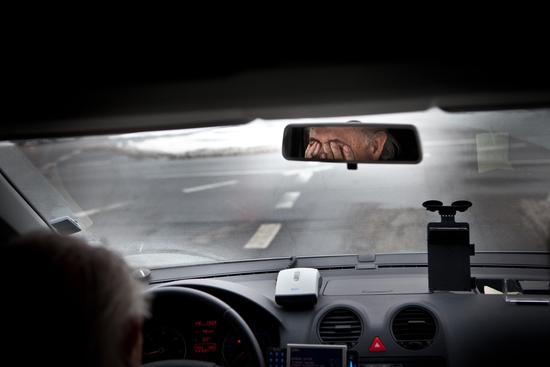
Indianapolis Drunk Driving Accidents and How to Handle them with a Personal Injury Attorney
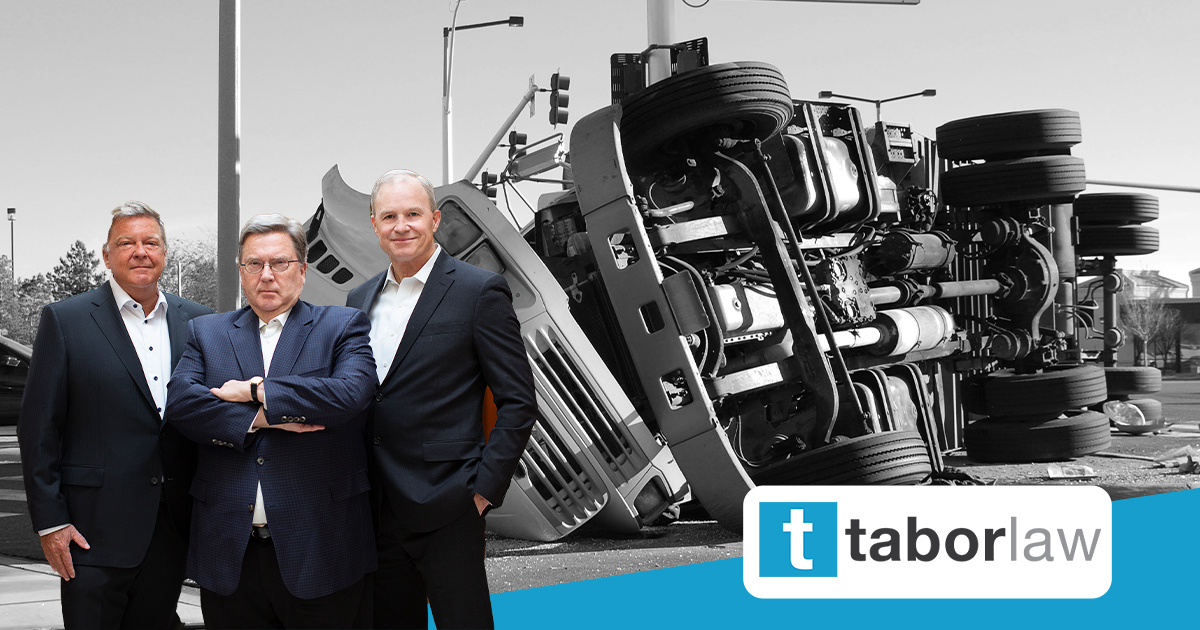
Two Mothers & Two 12-year-old Daughters Killed in Crash While Headed to Volleyball Tournament
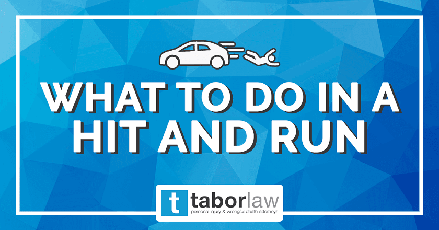
Jefferson County Sheriffs Searching for Hit & Run Driver Who Struck 10-year-old Bicyclist

